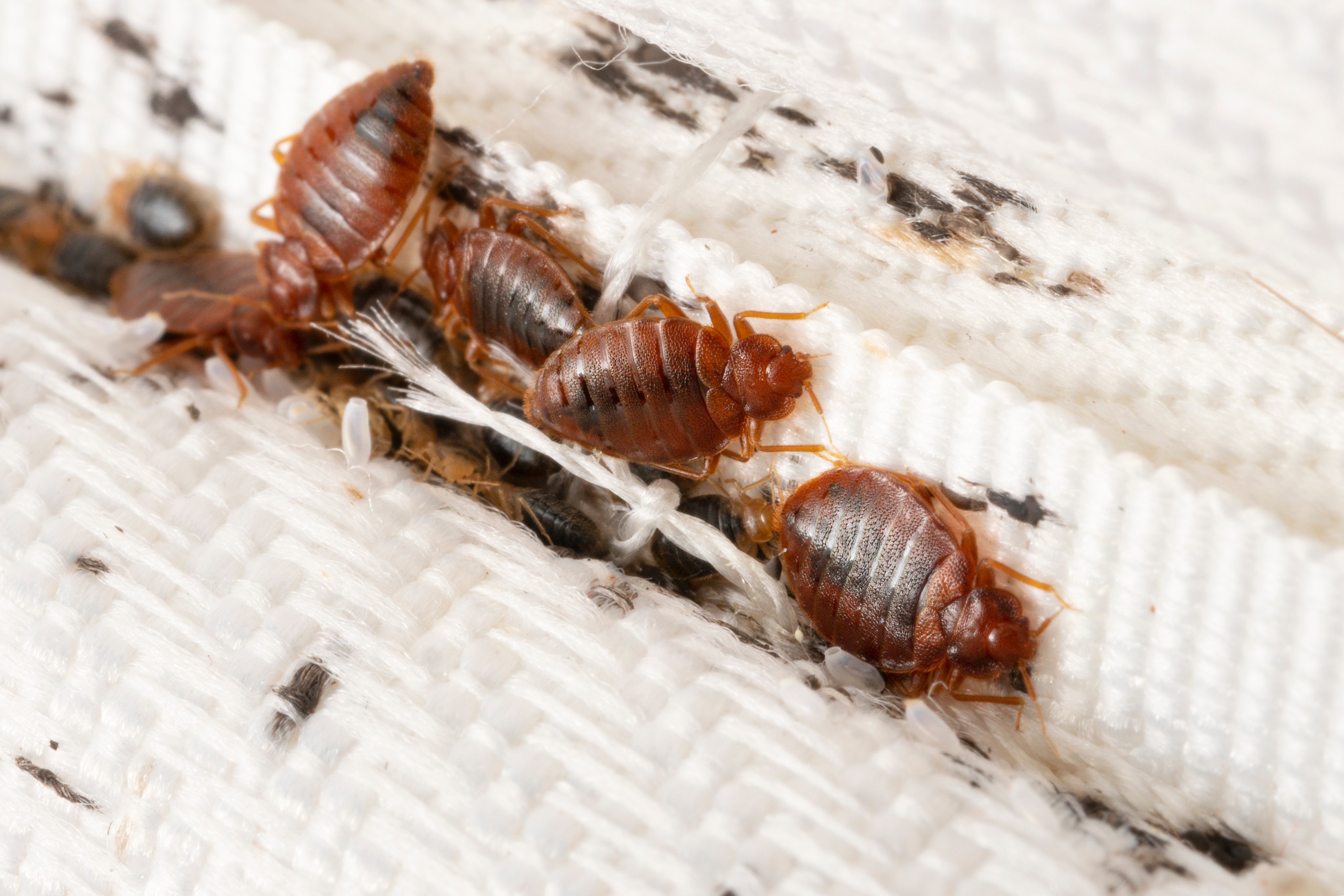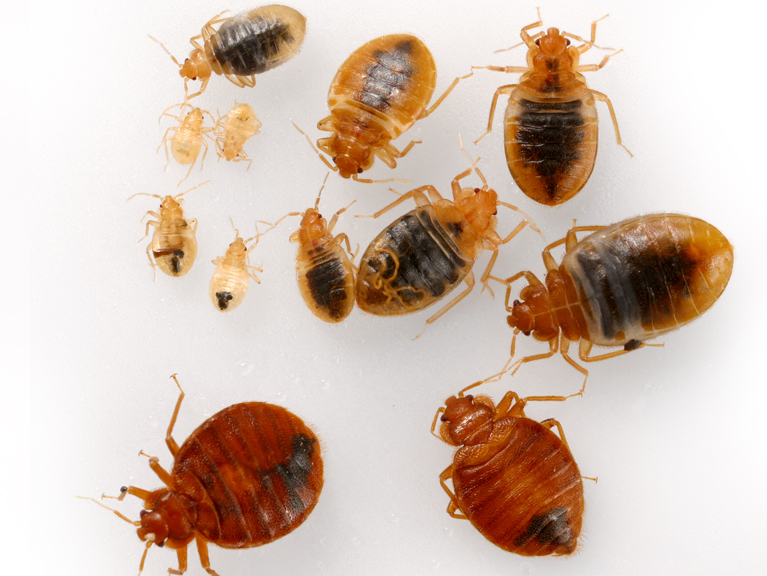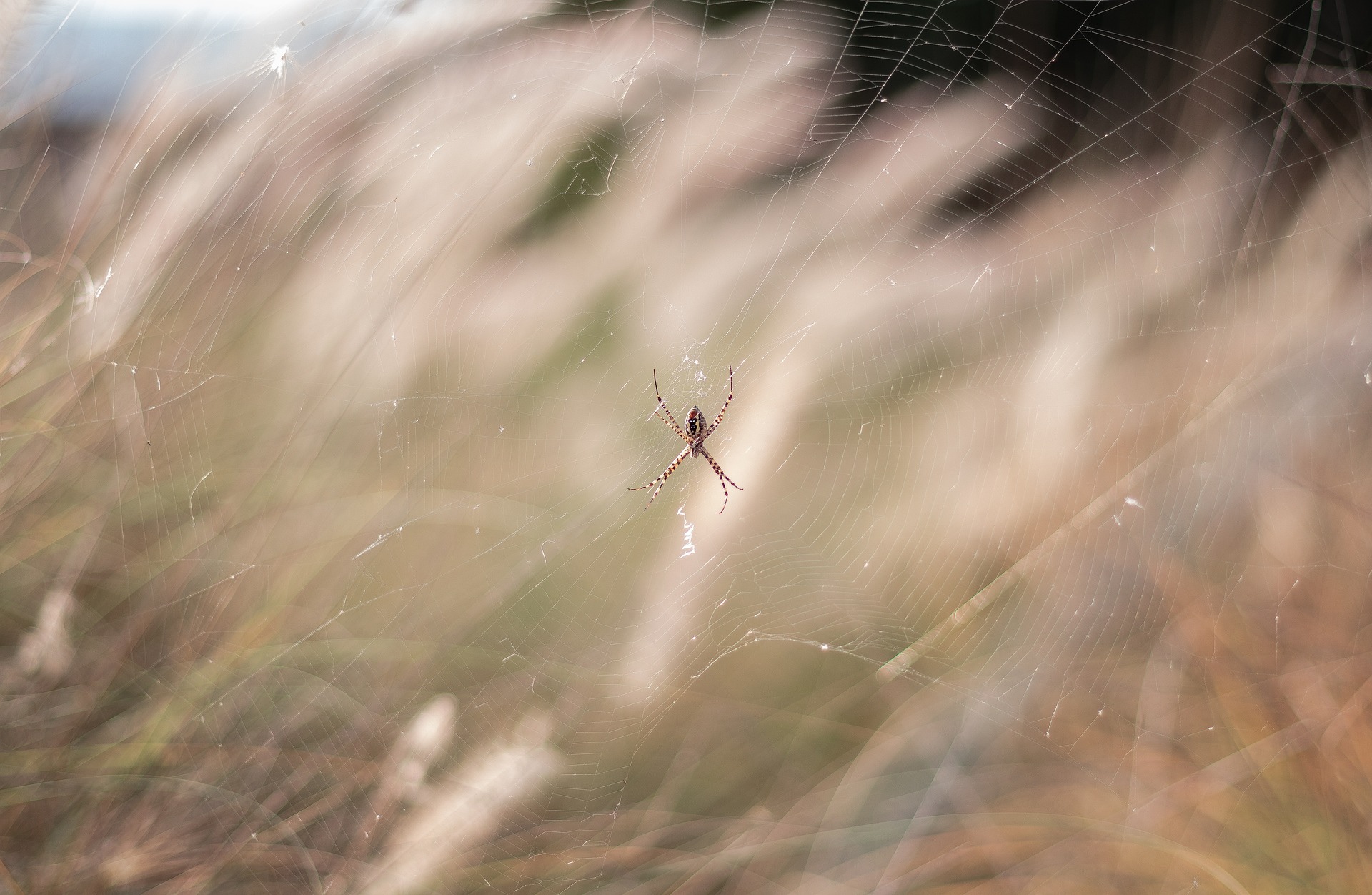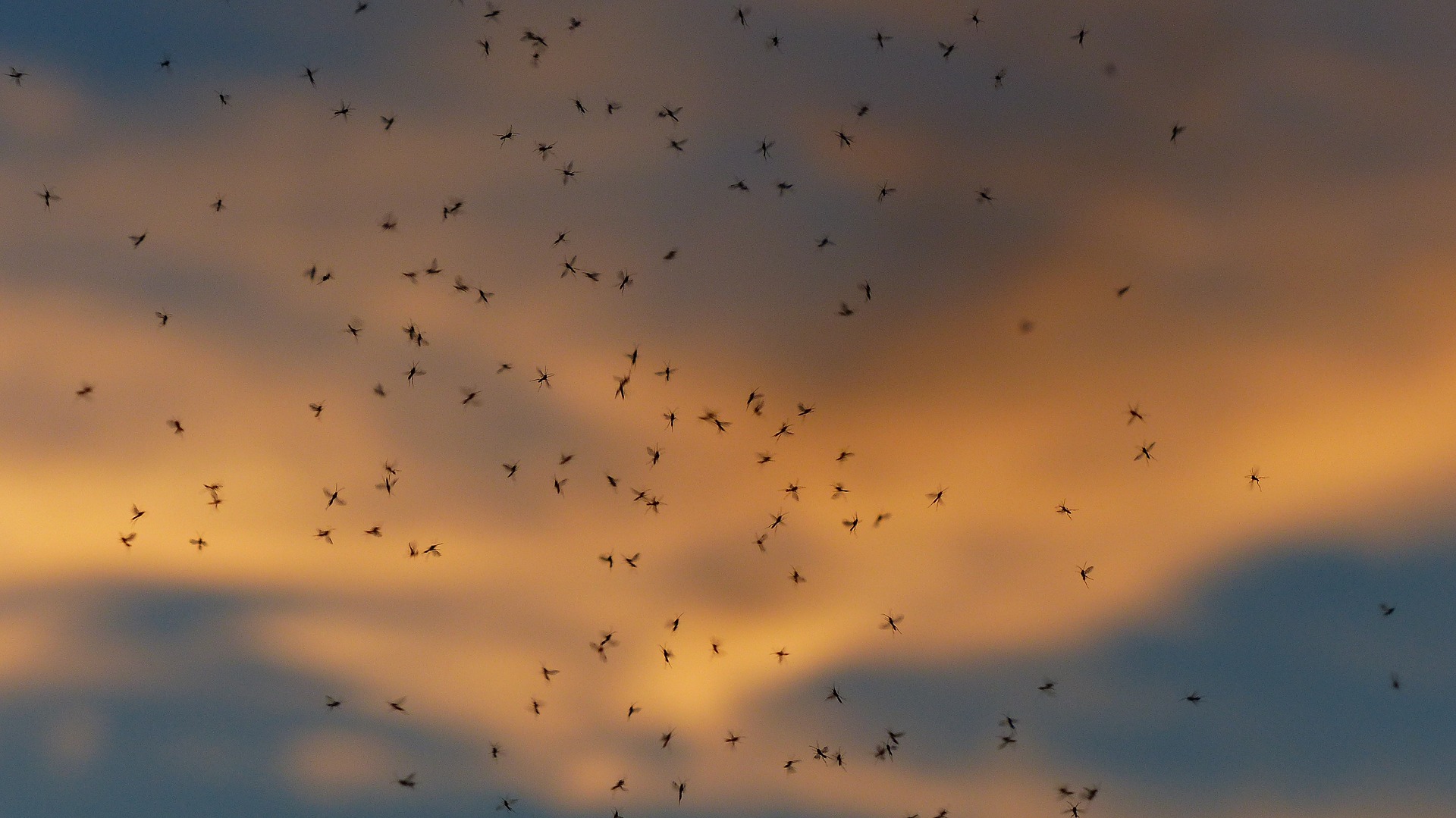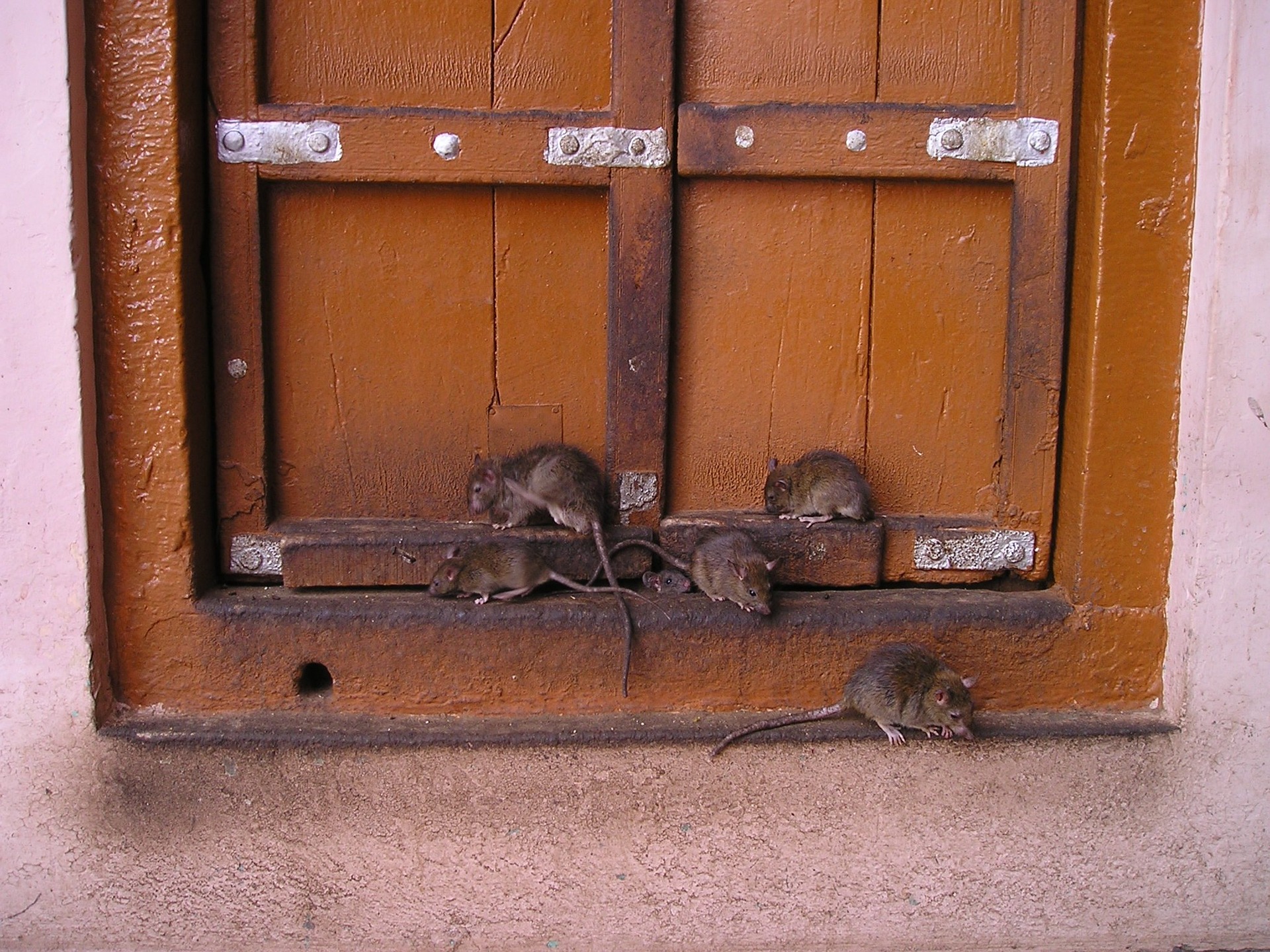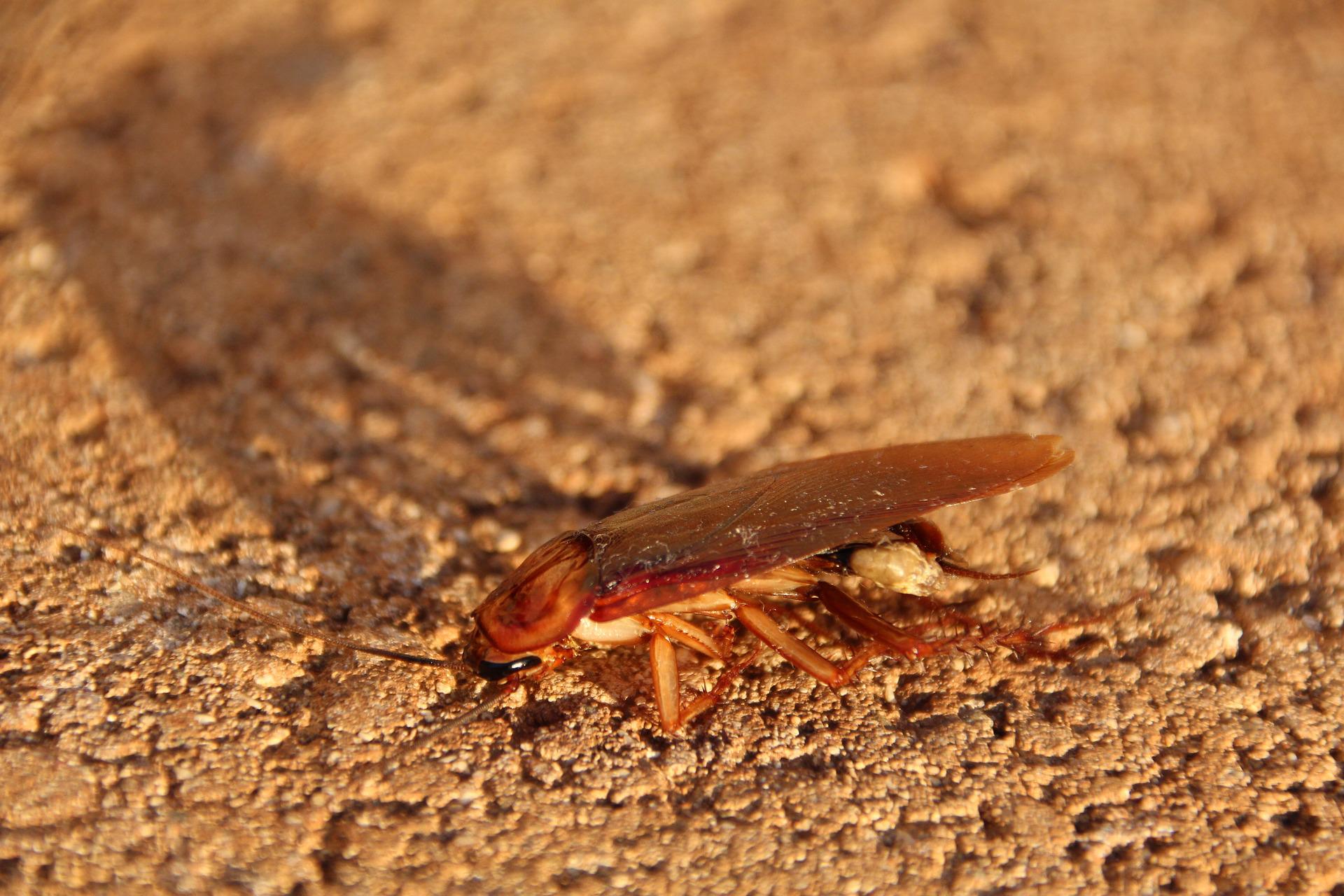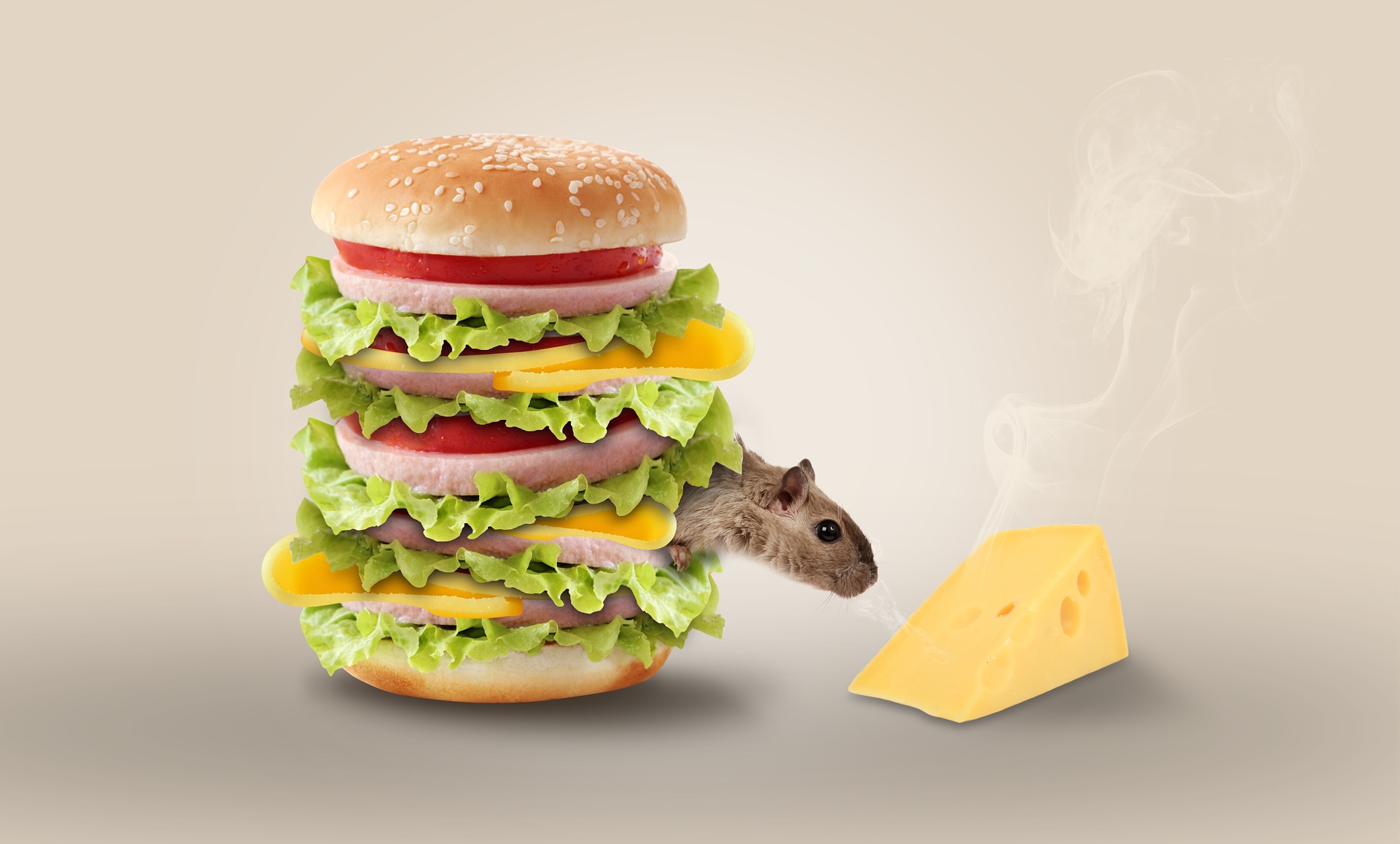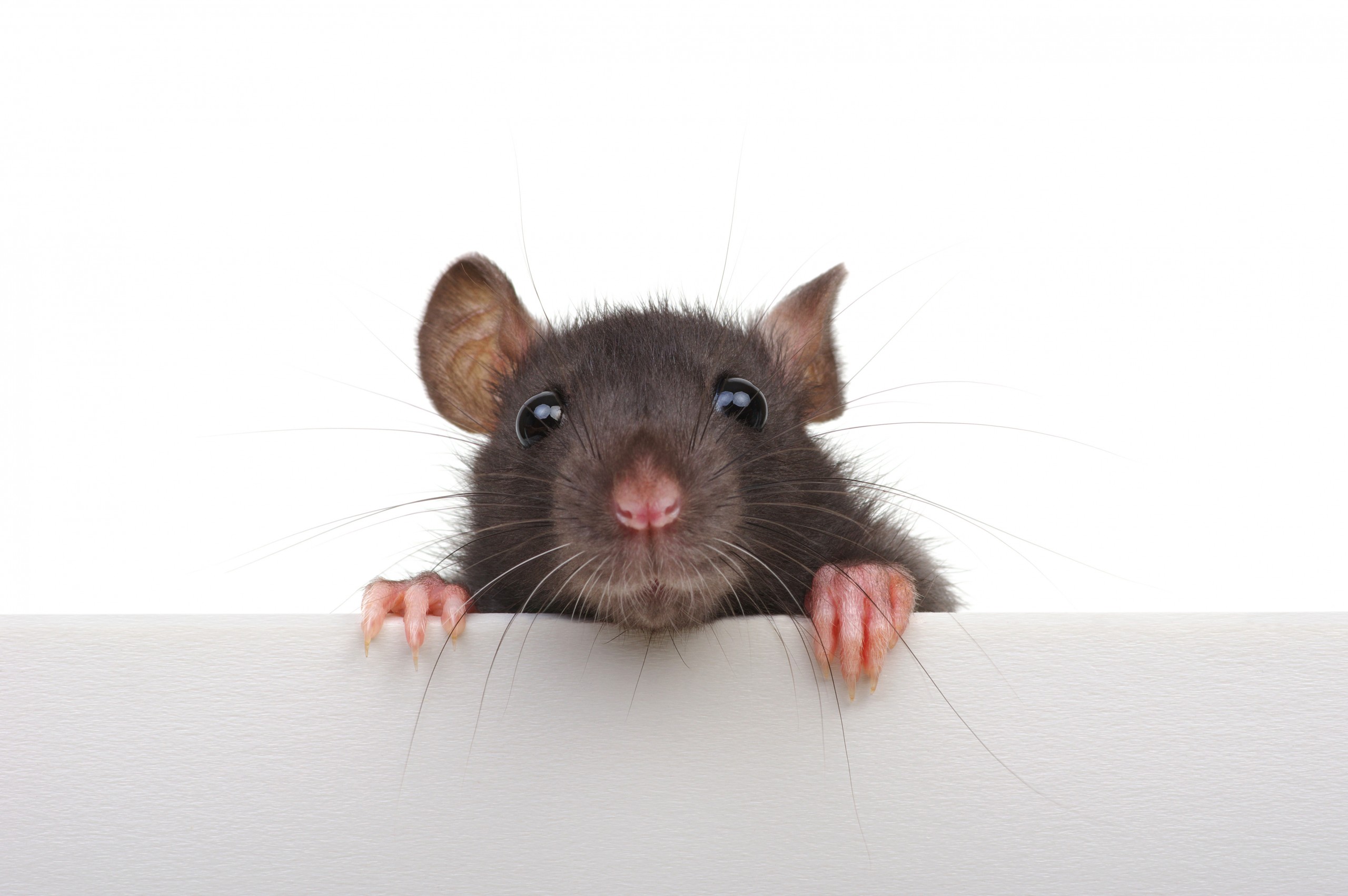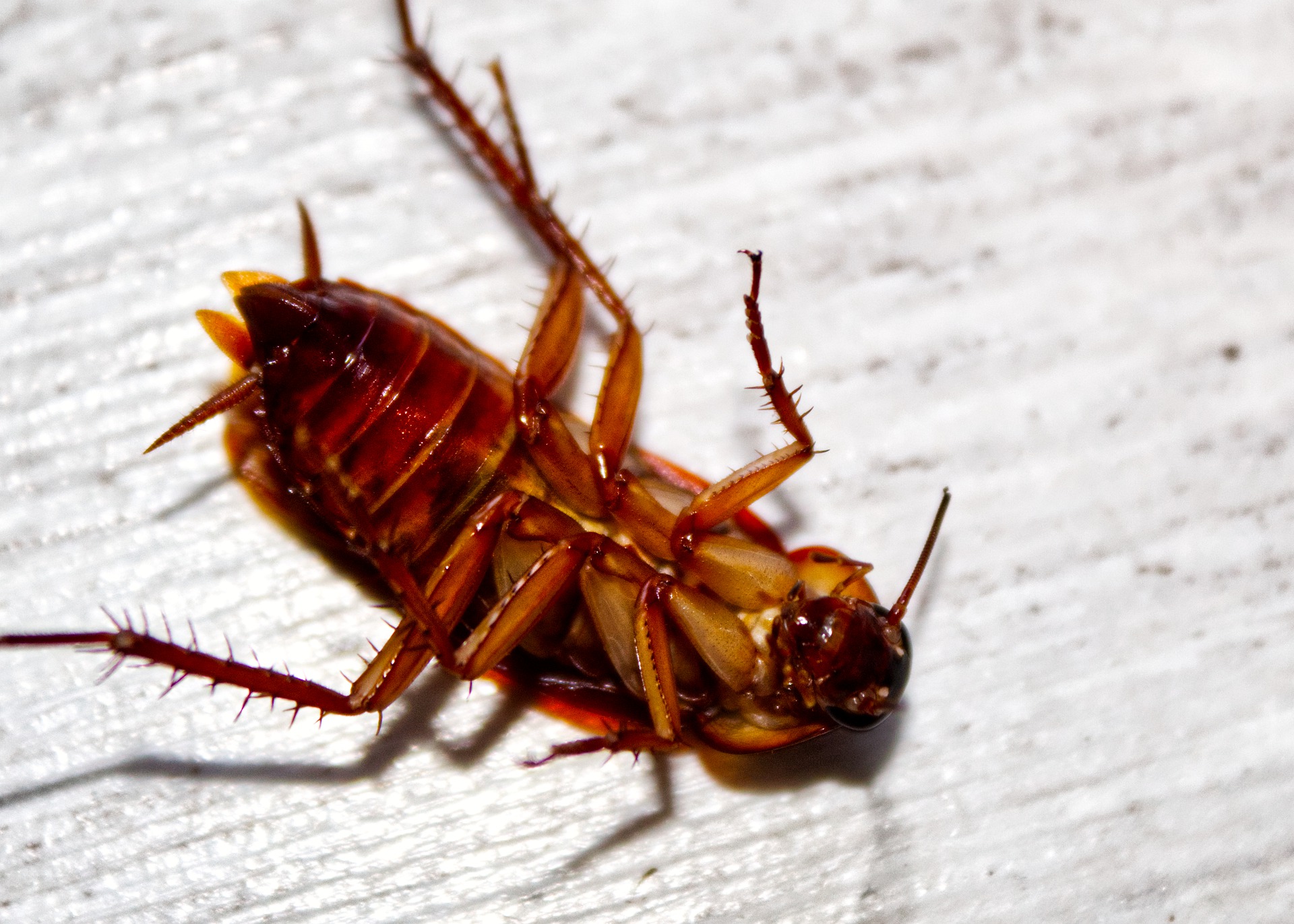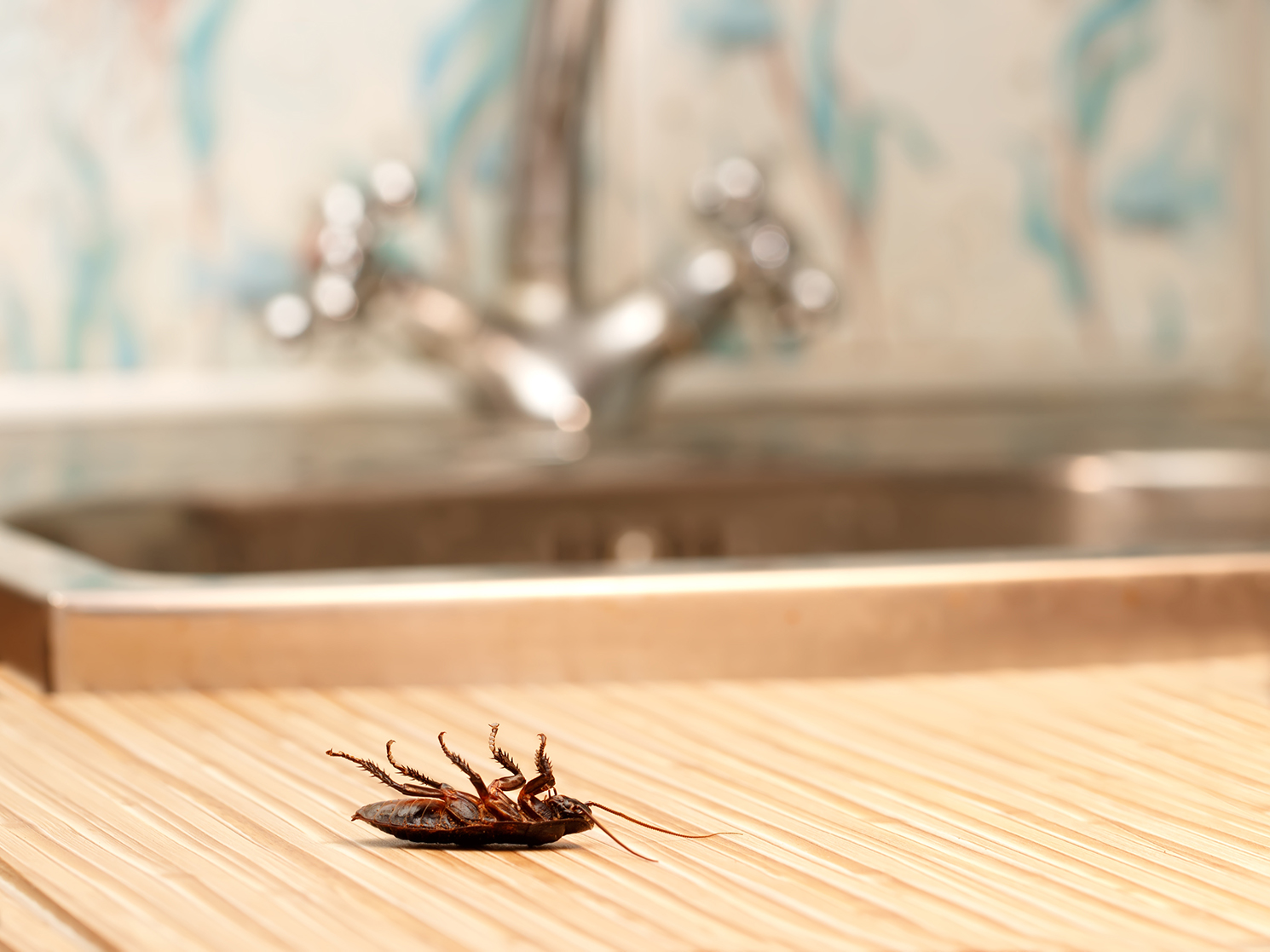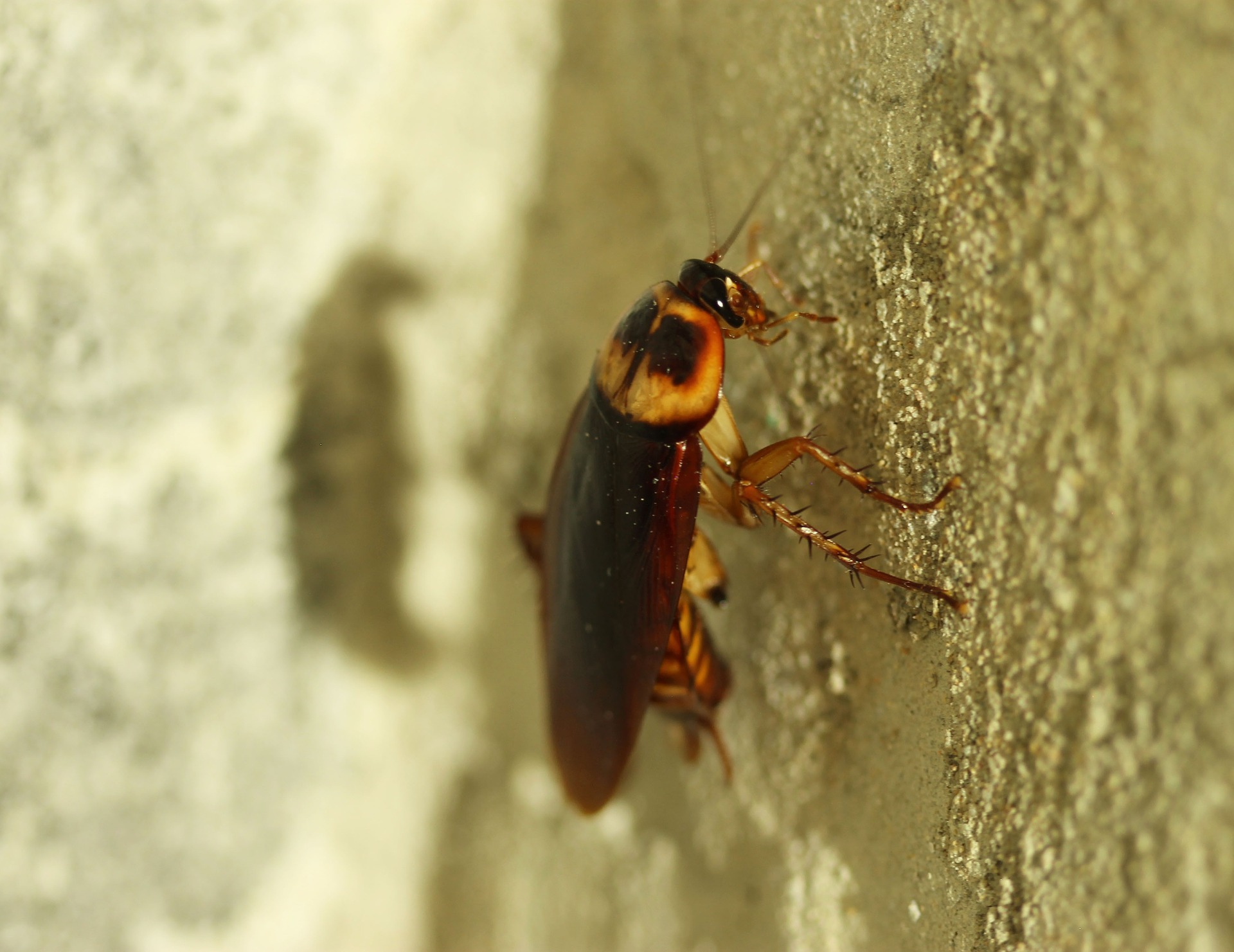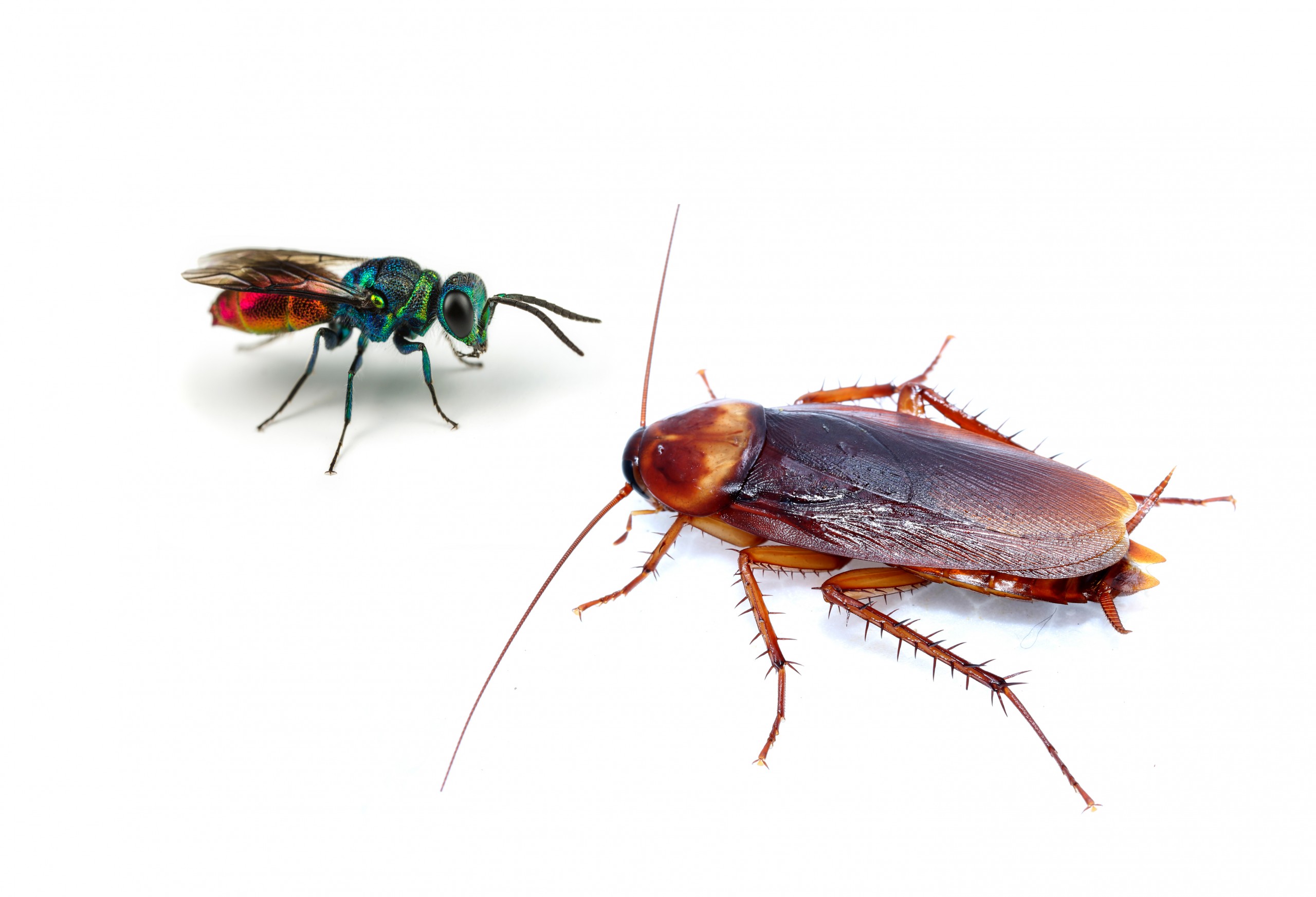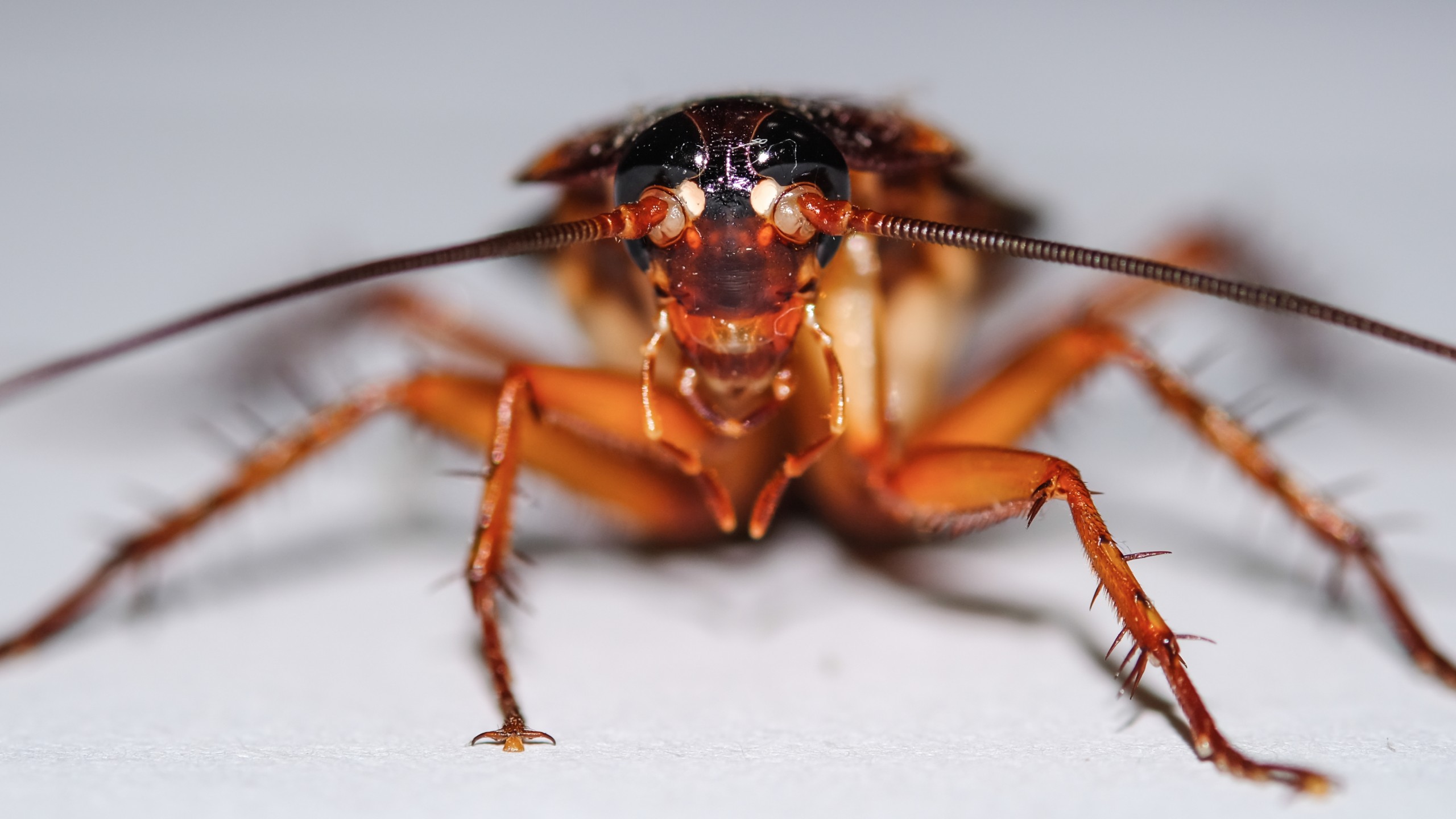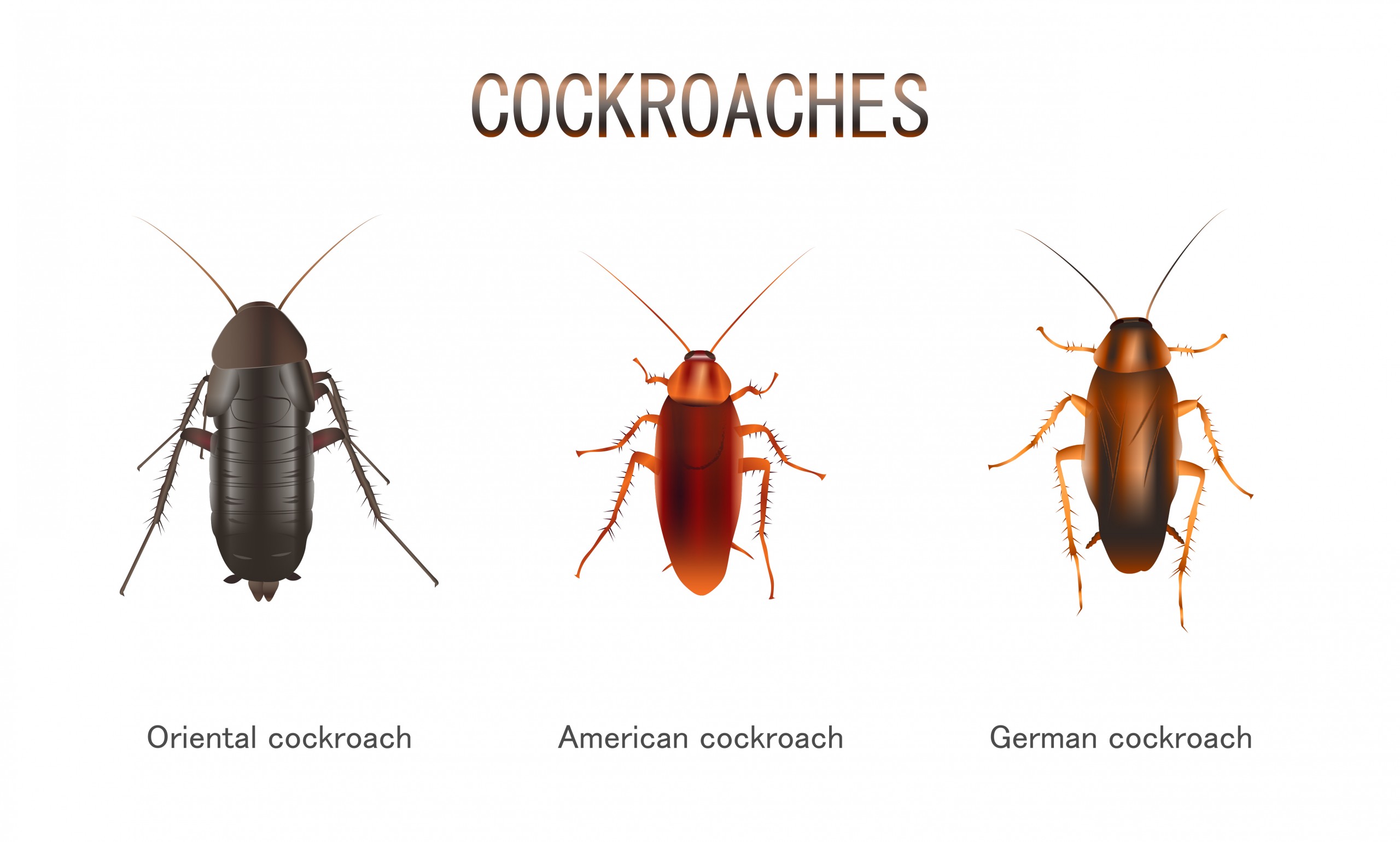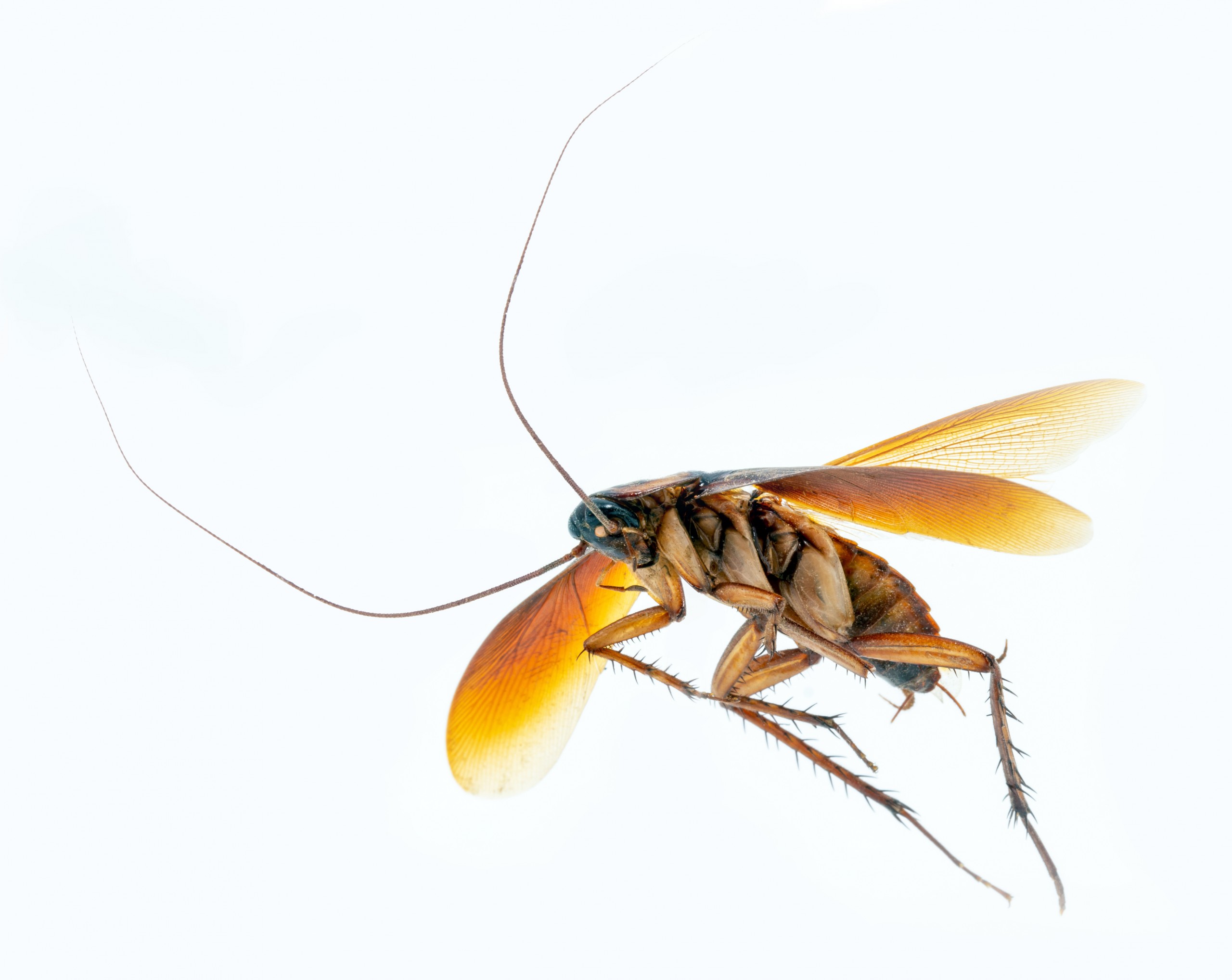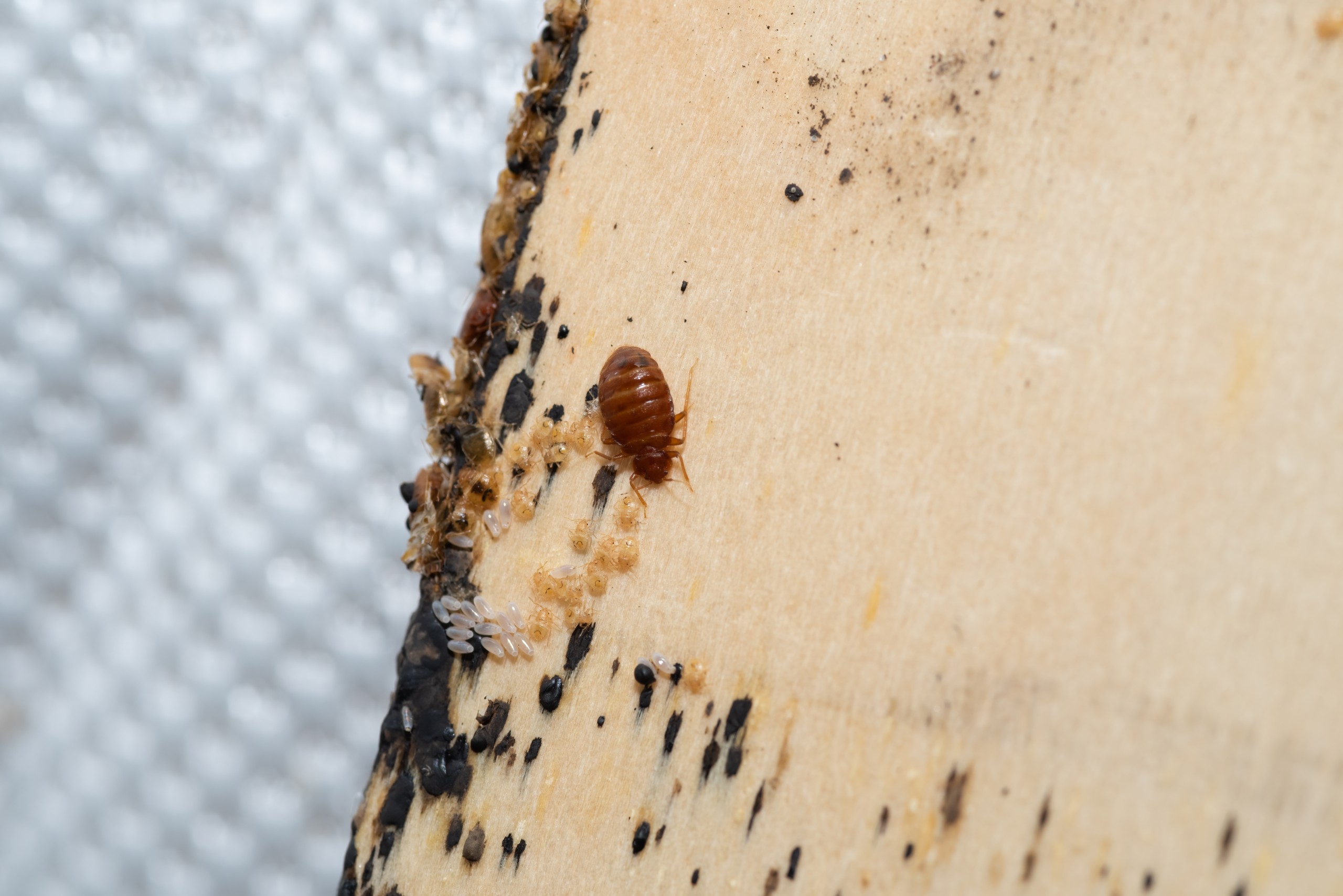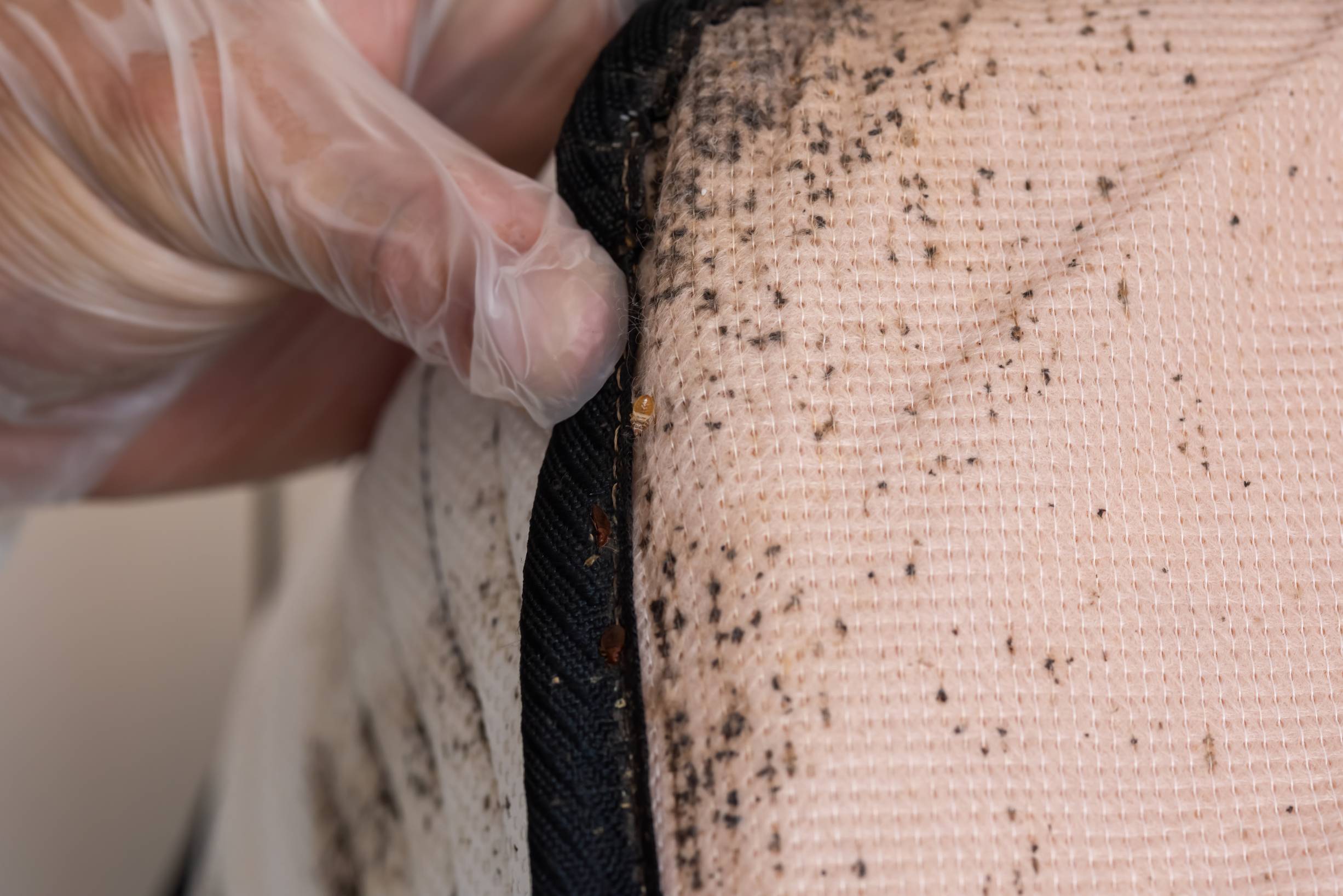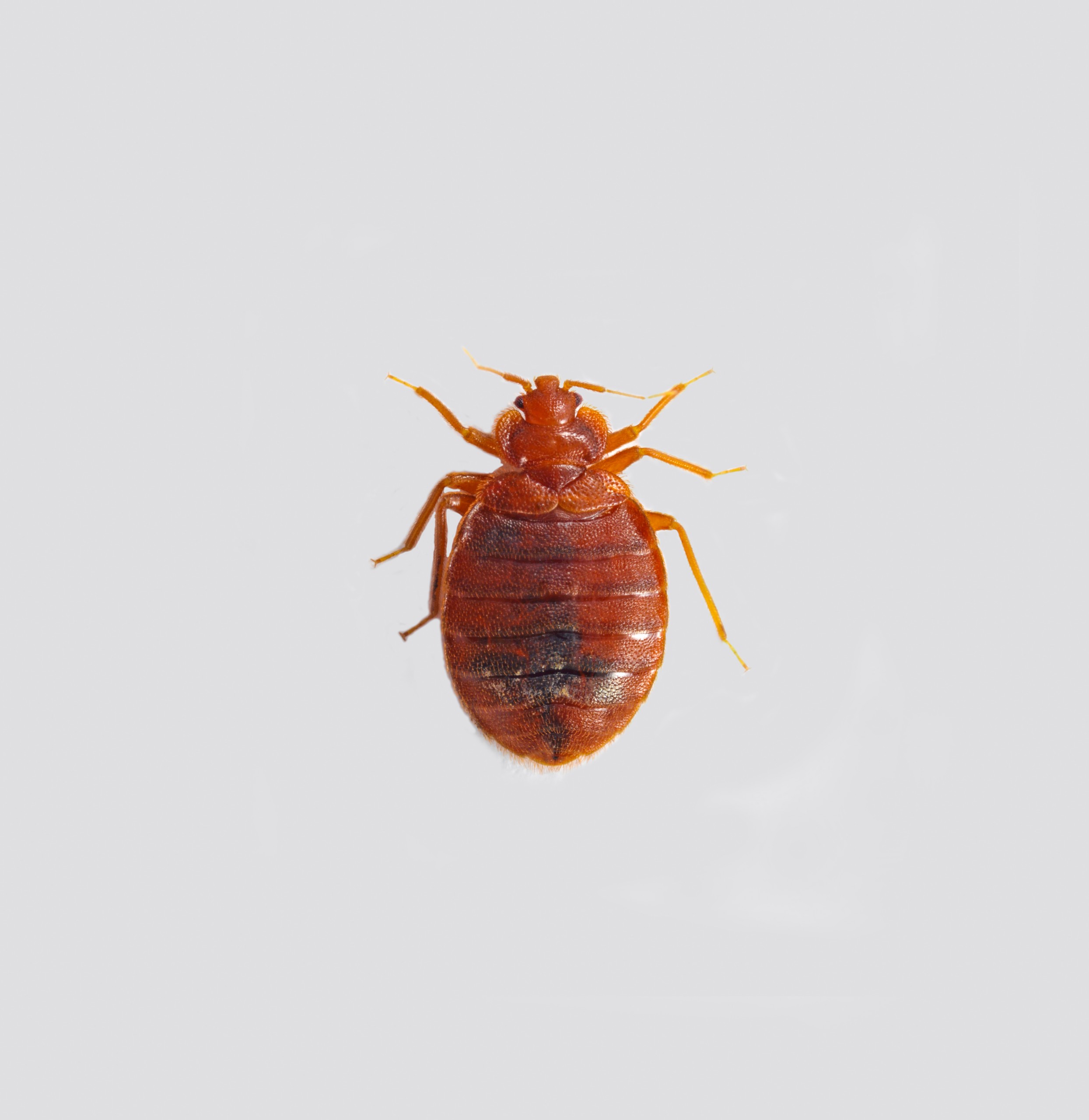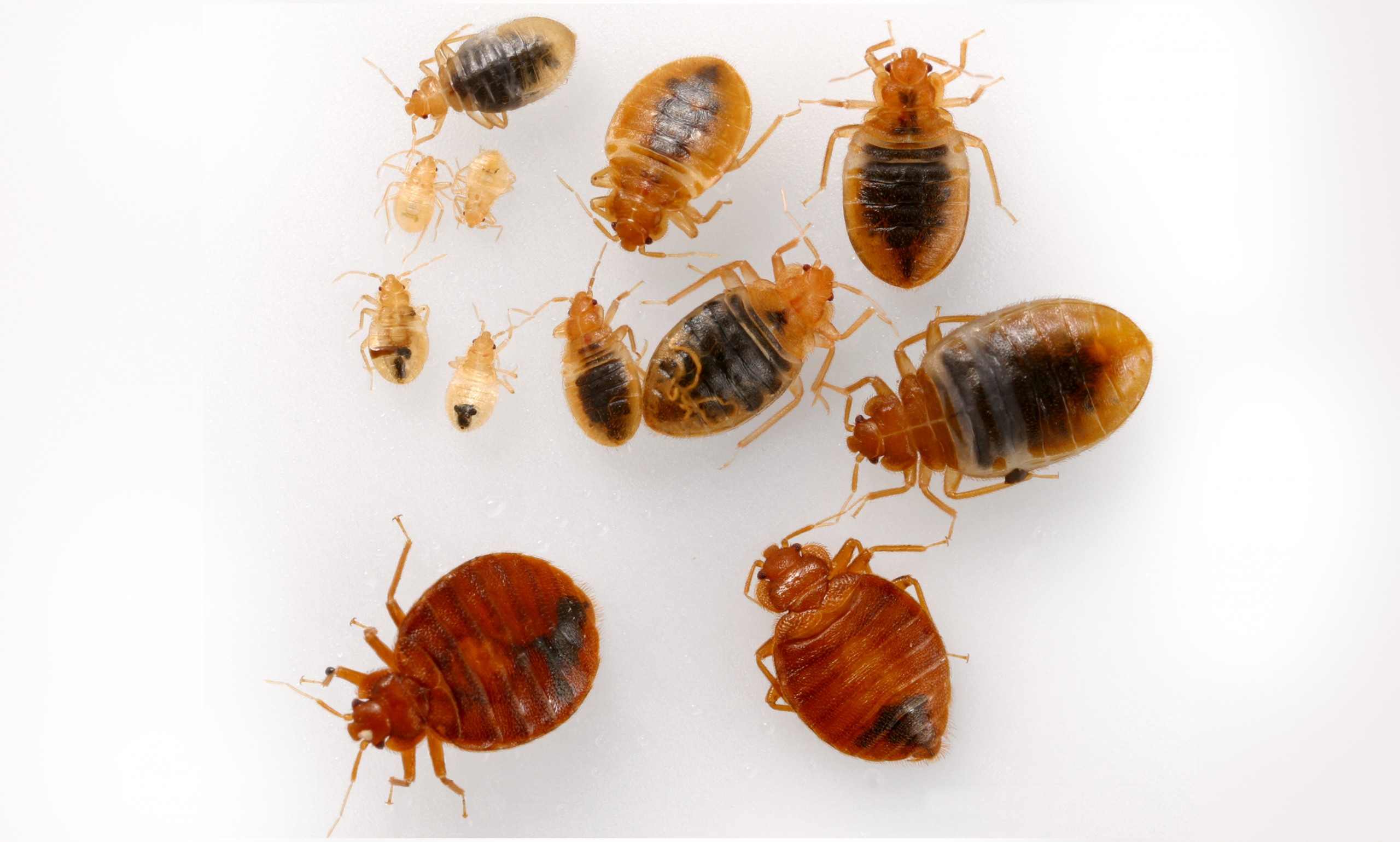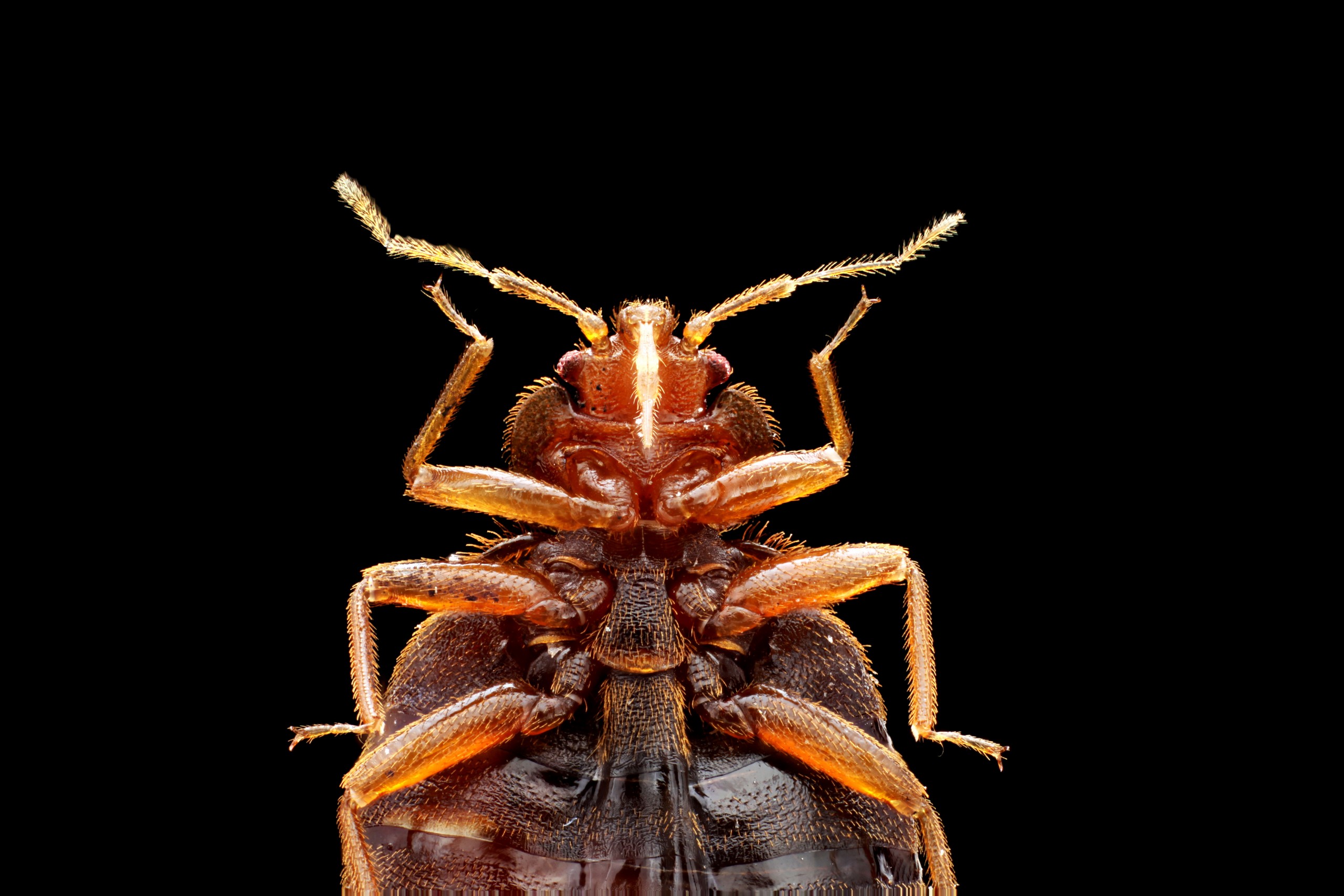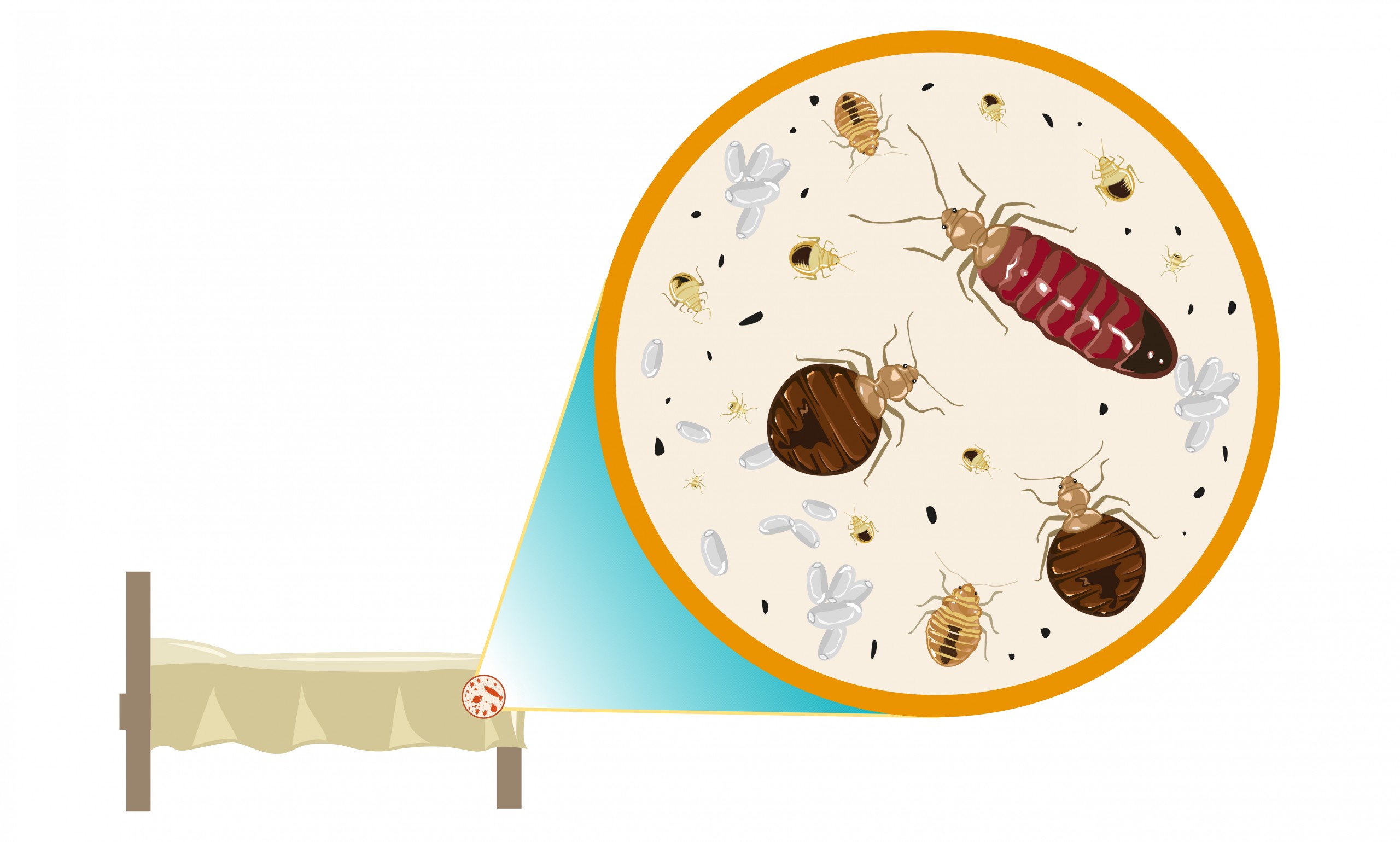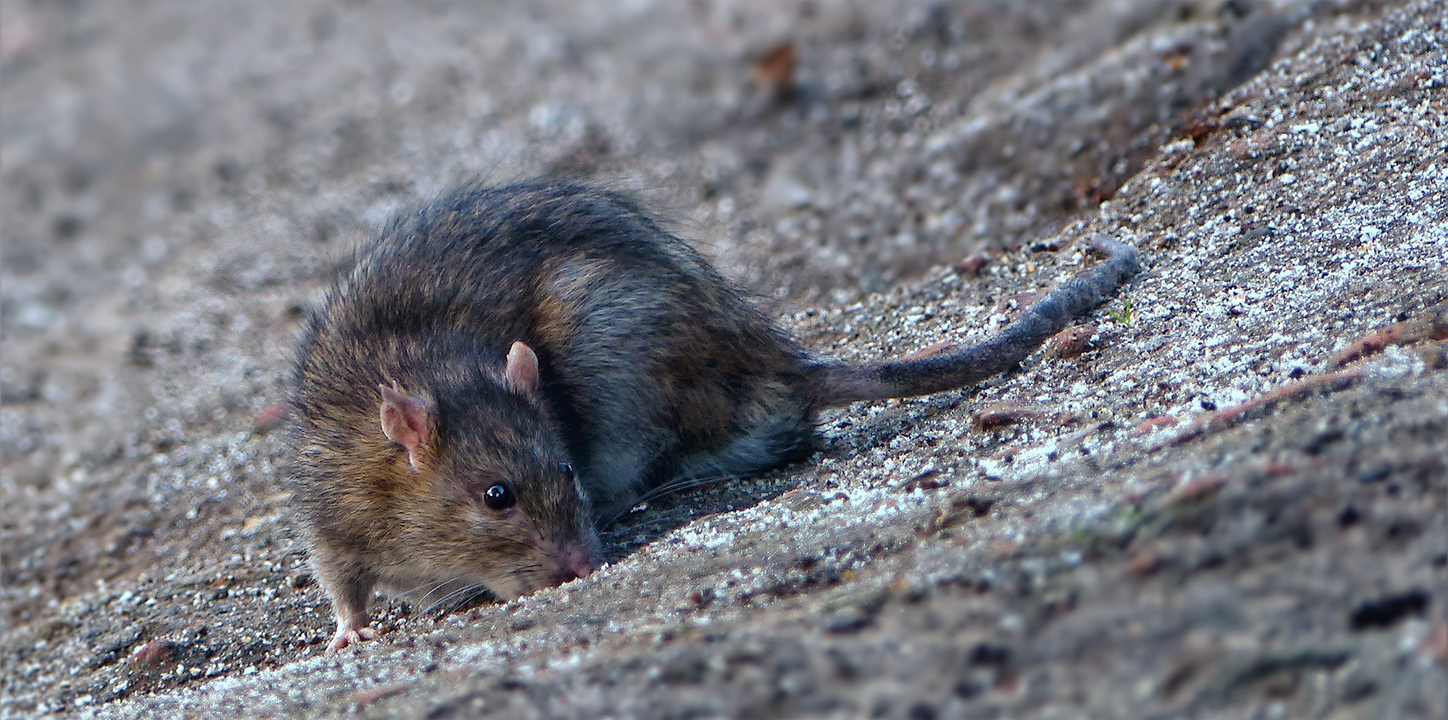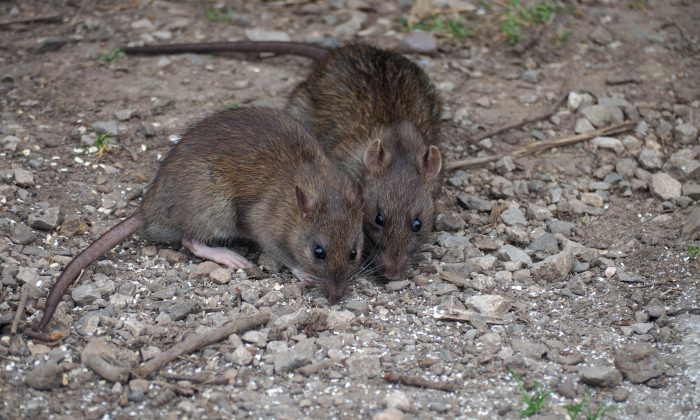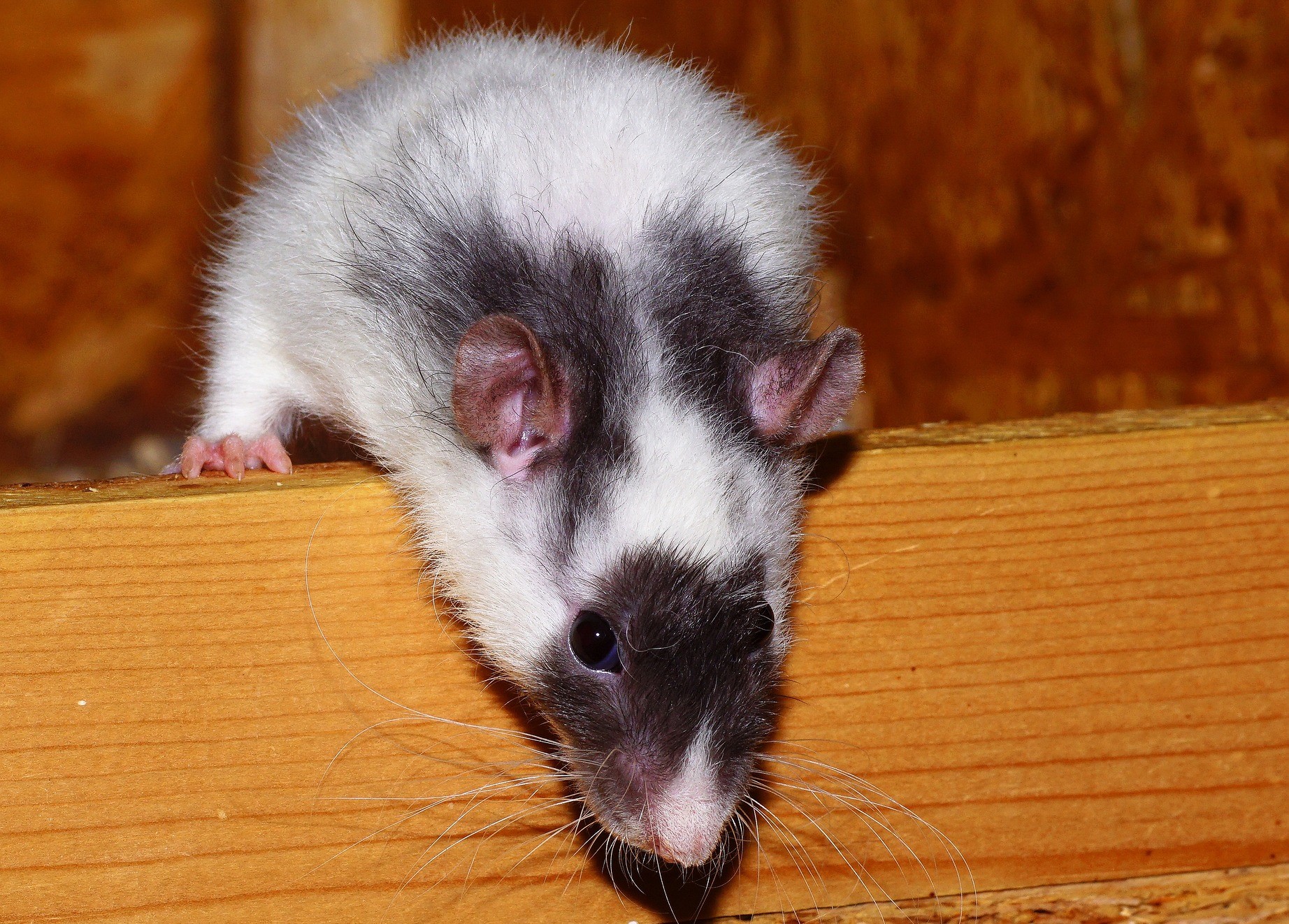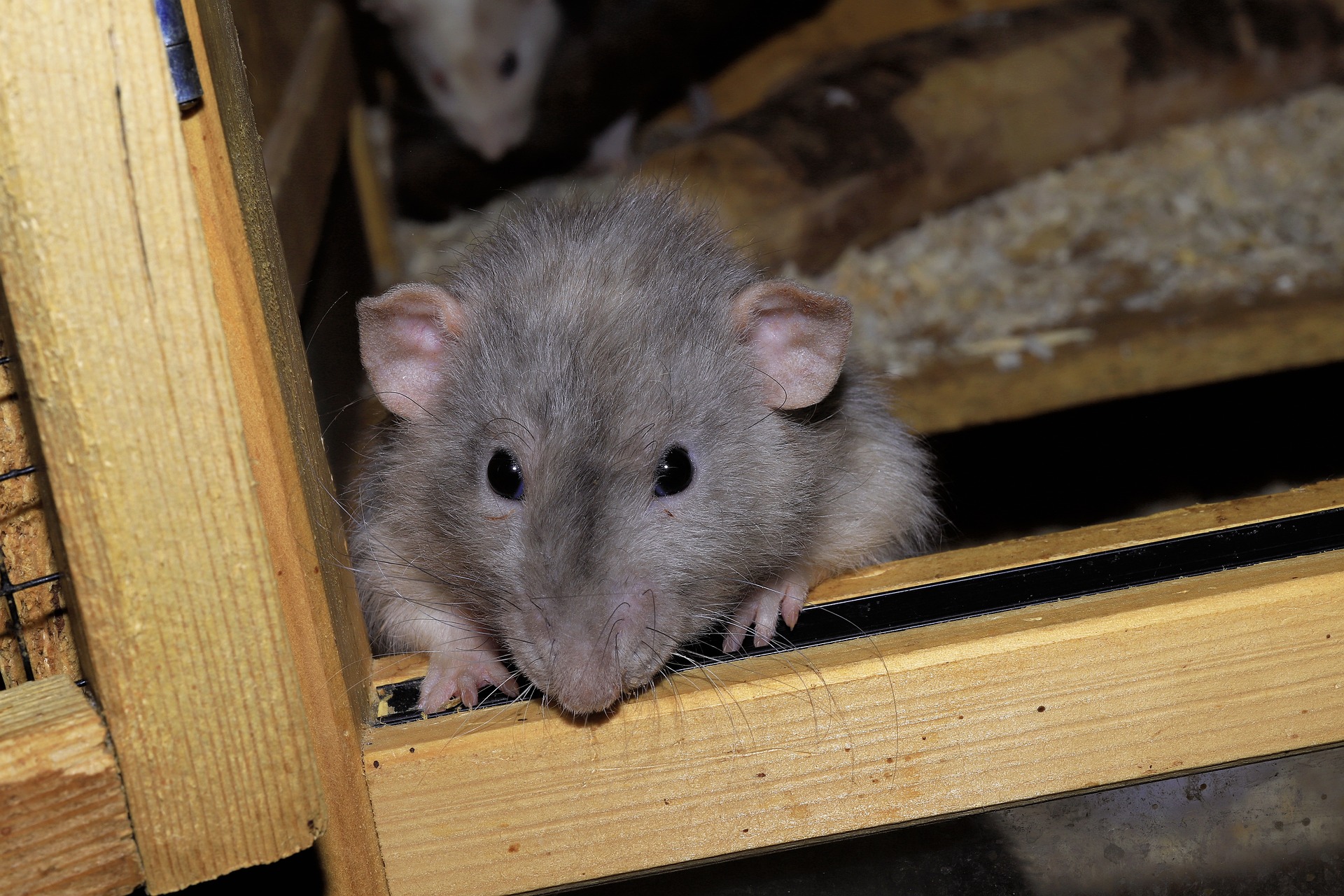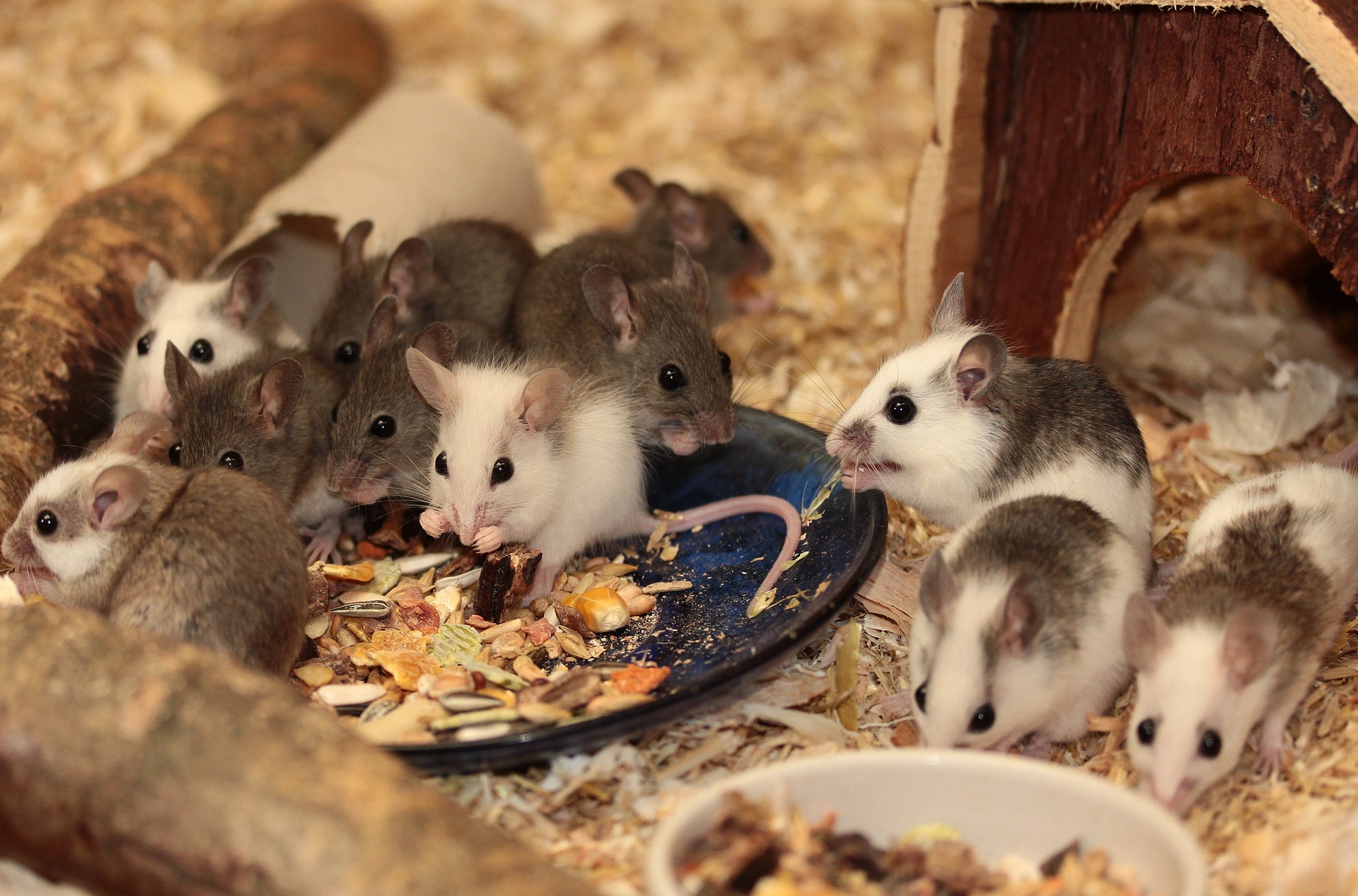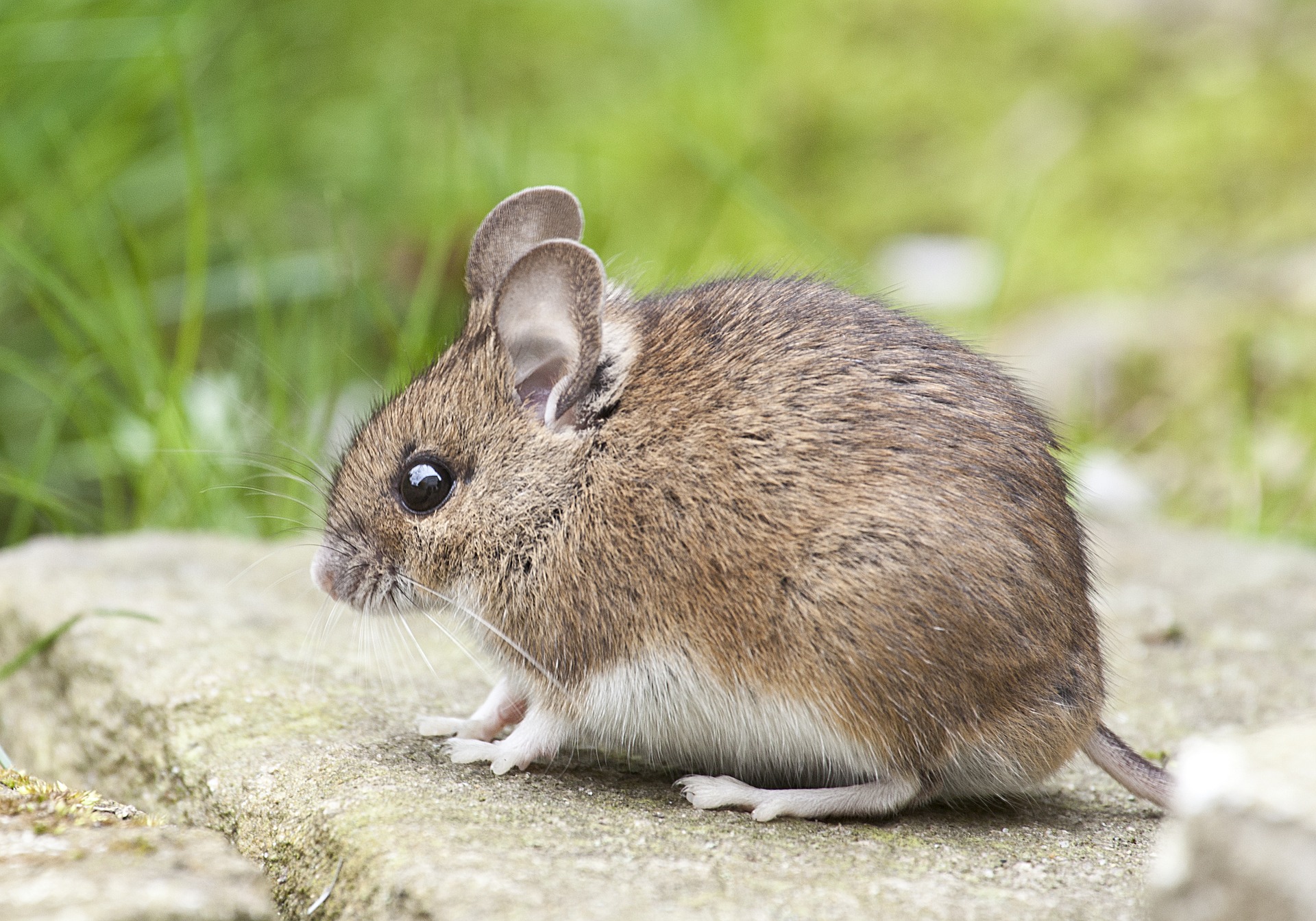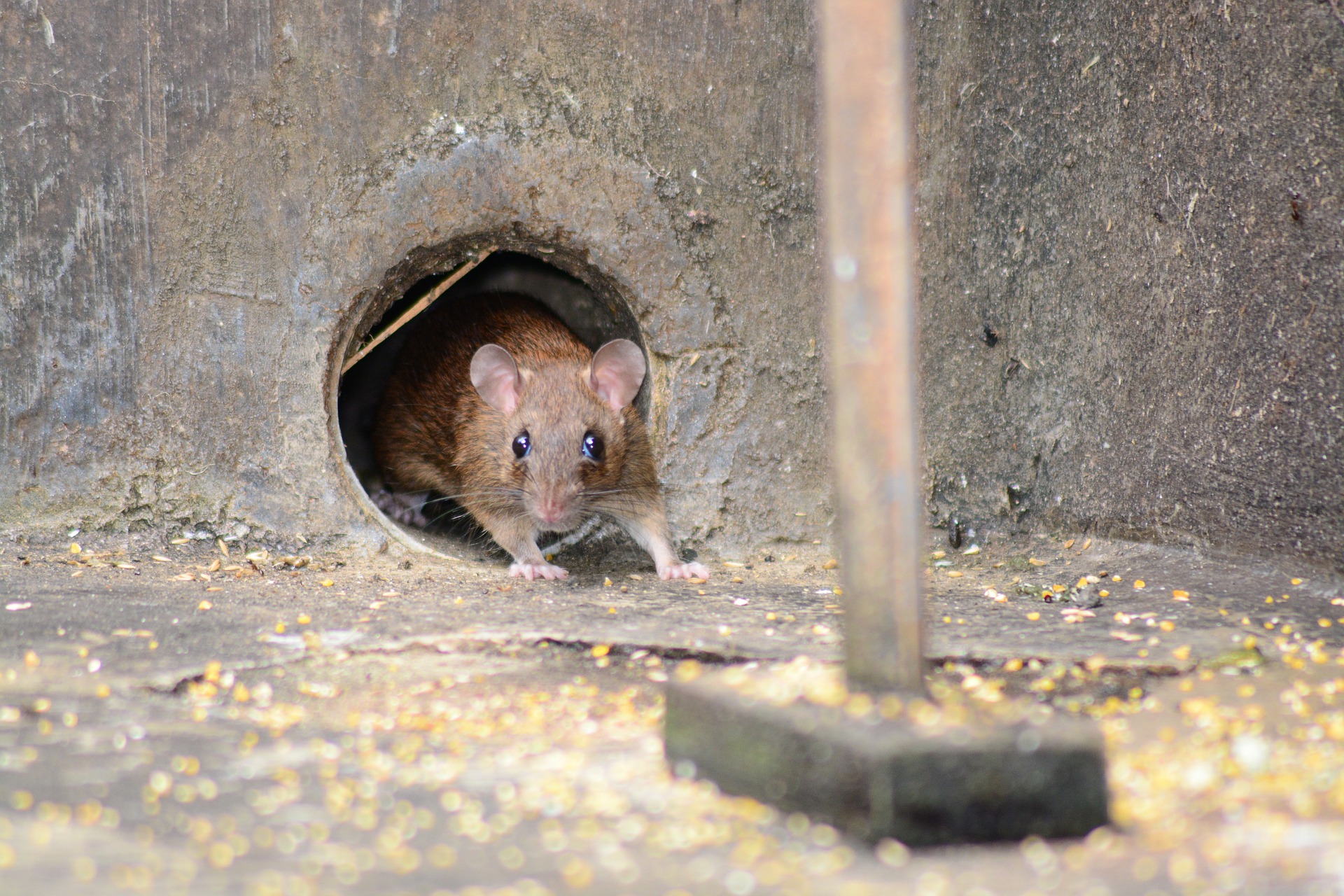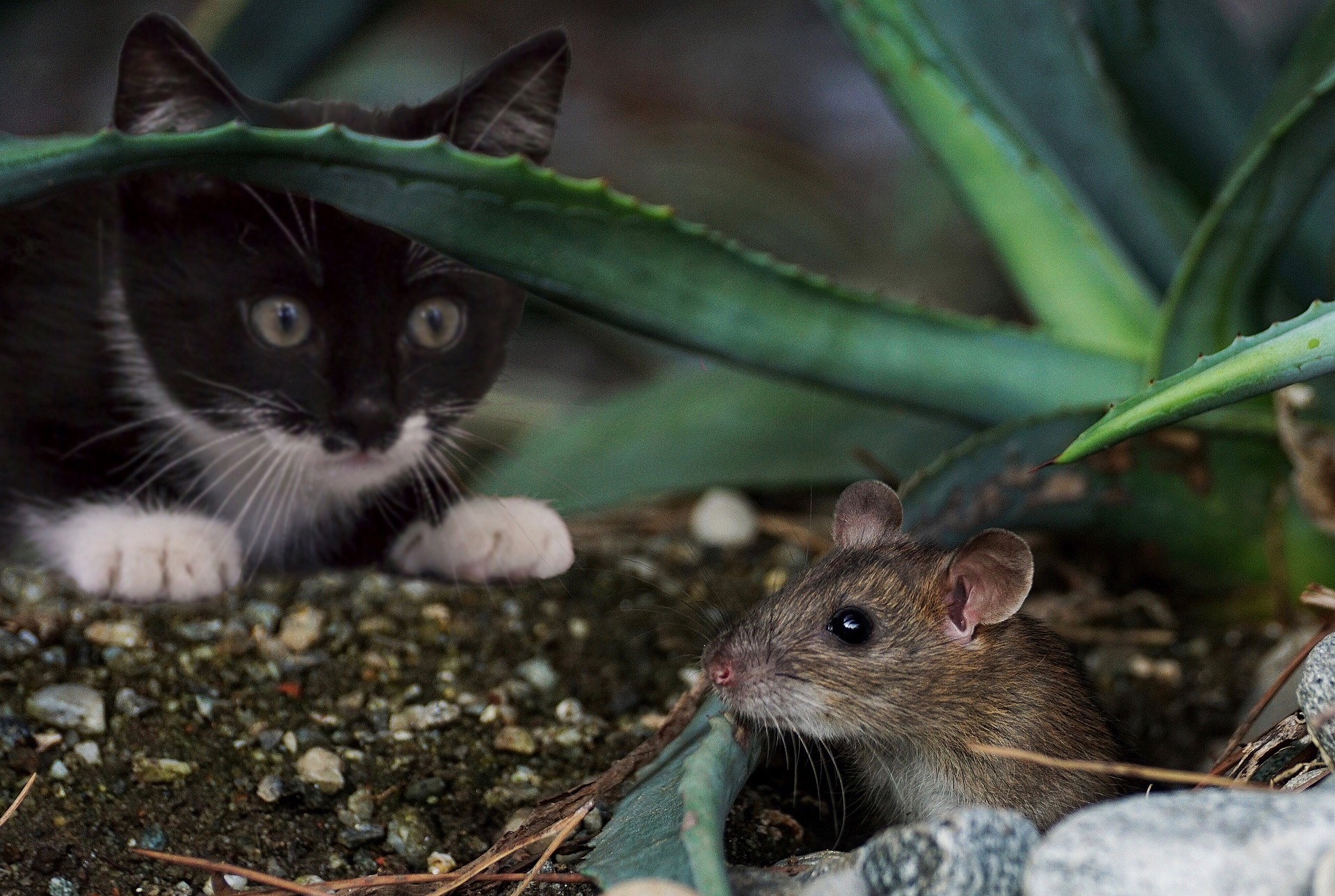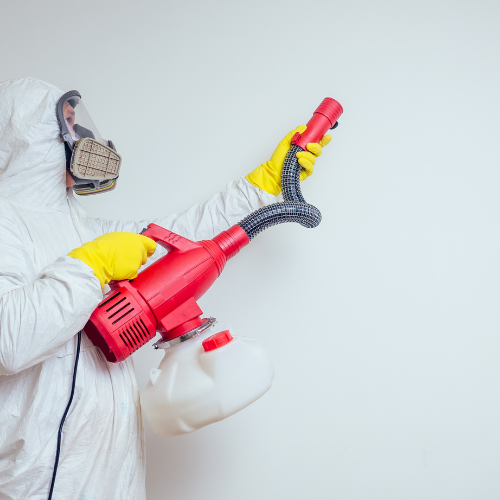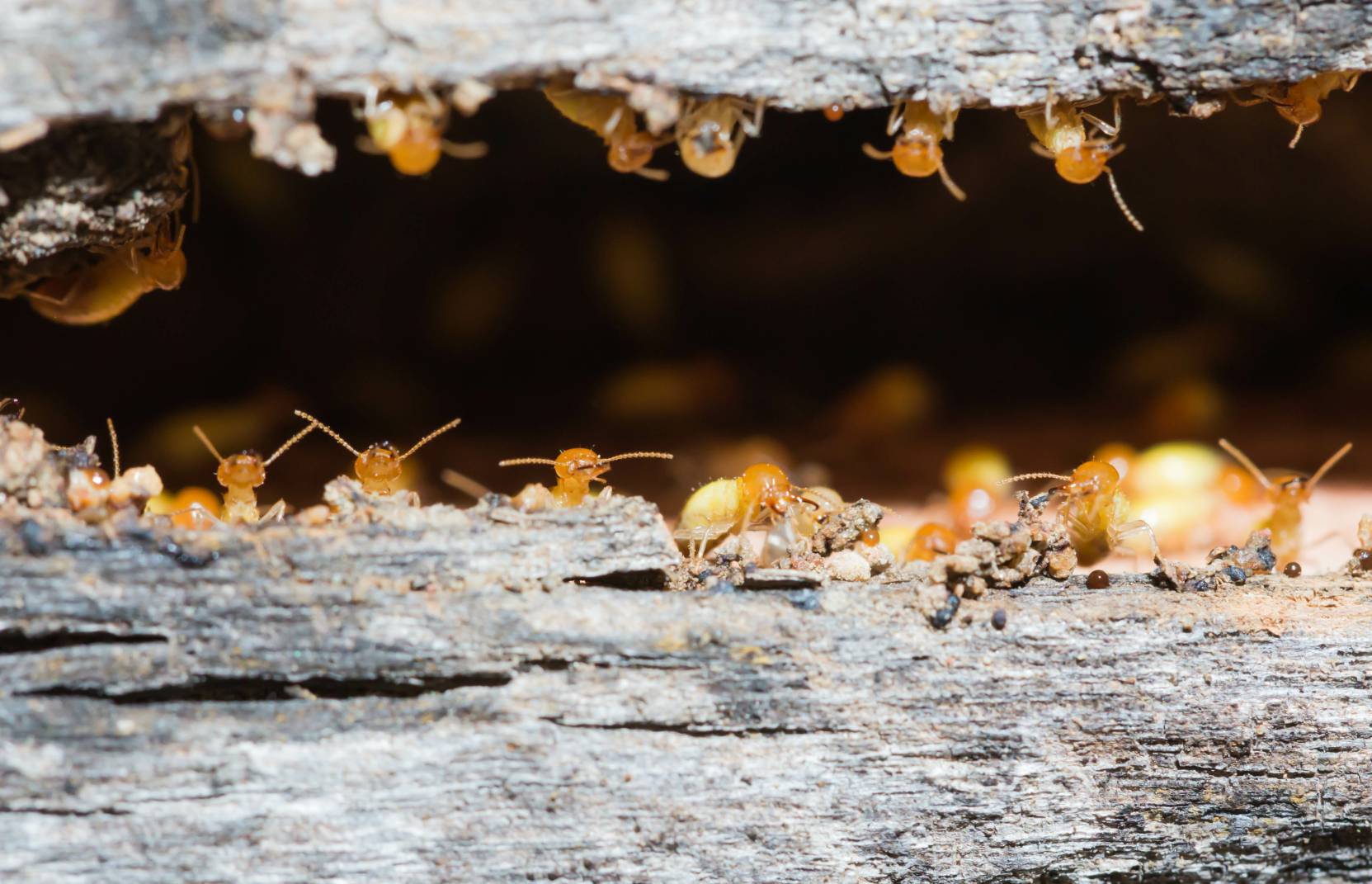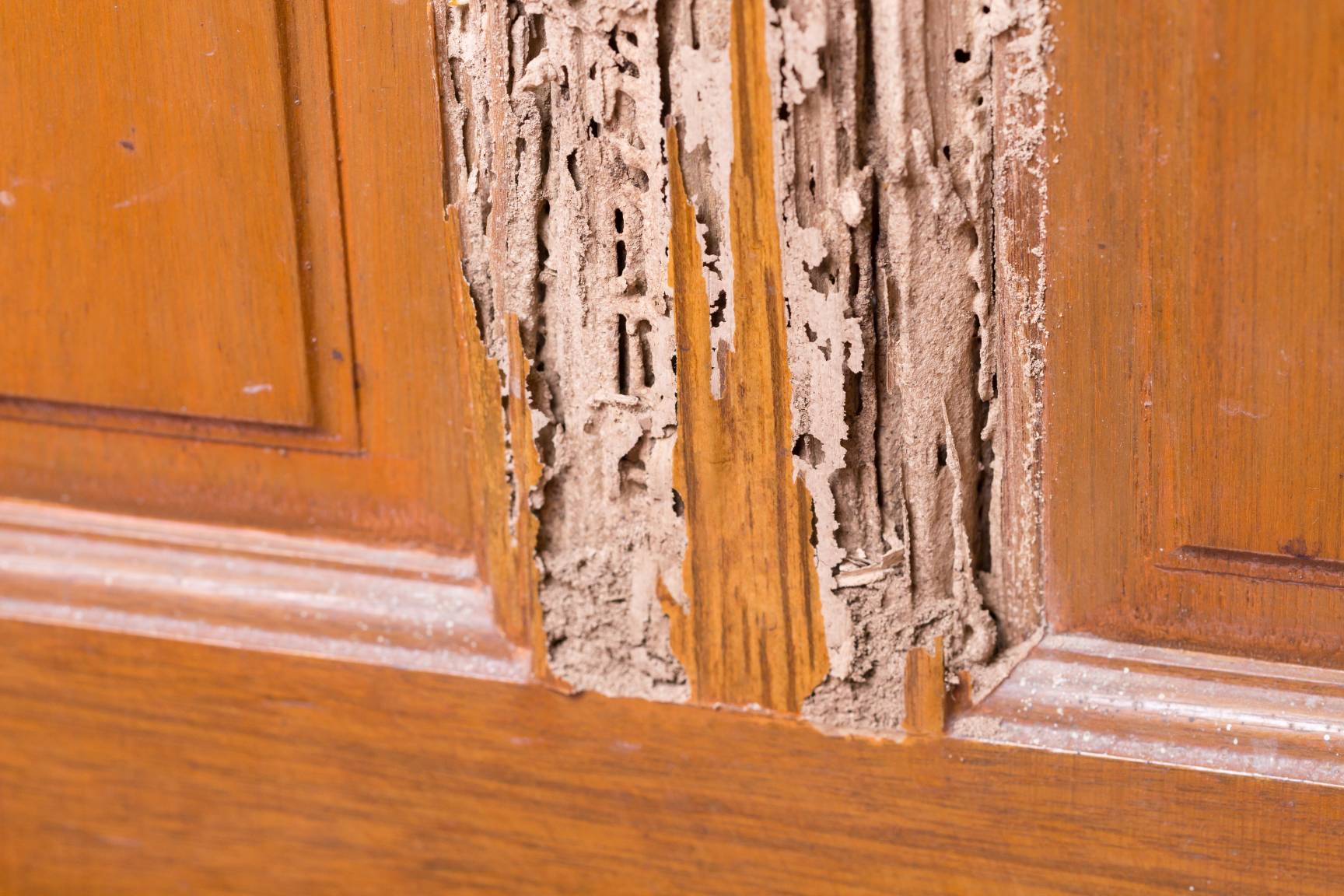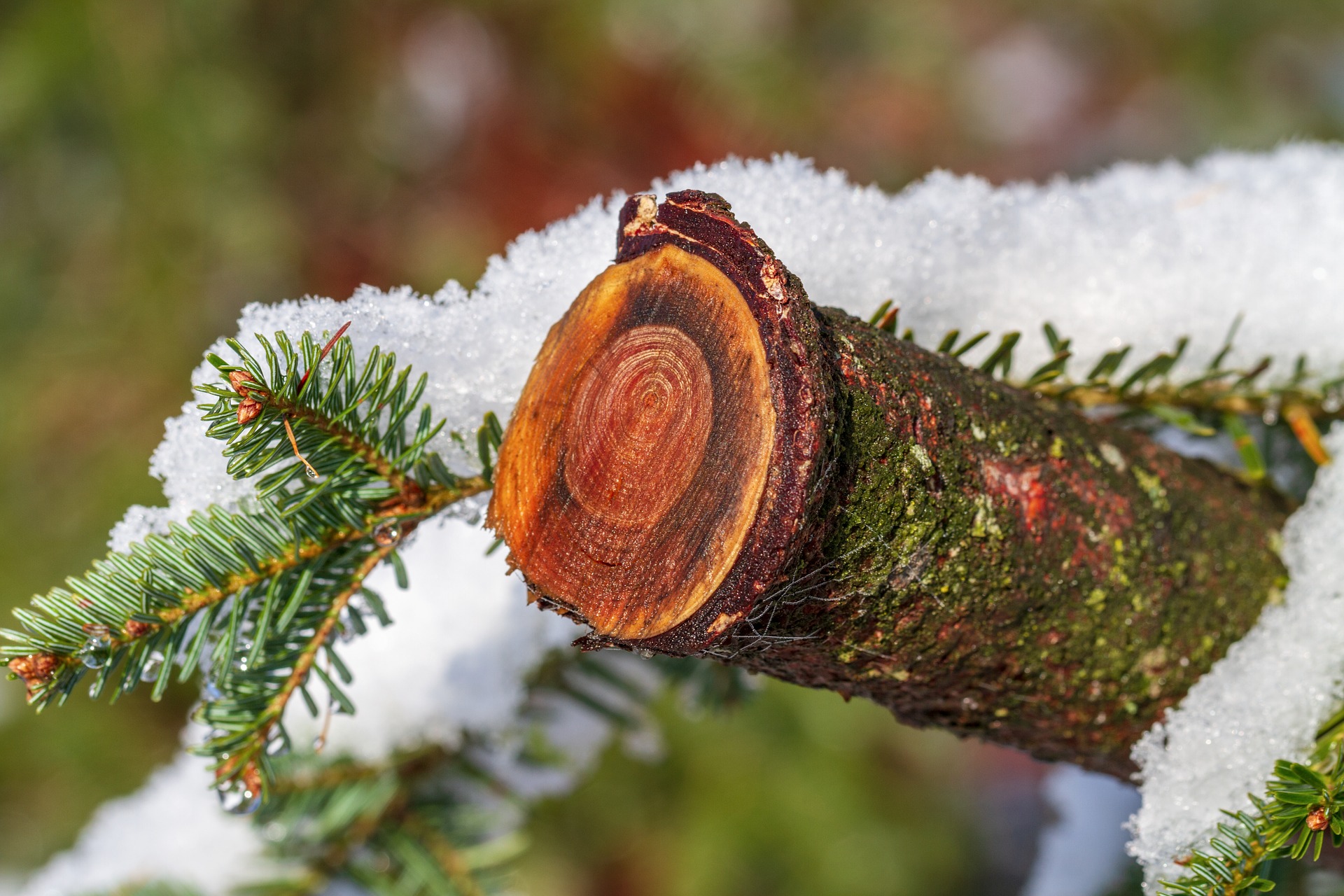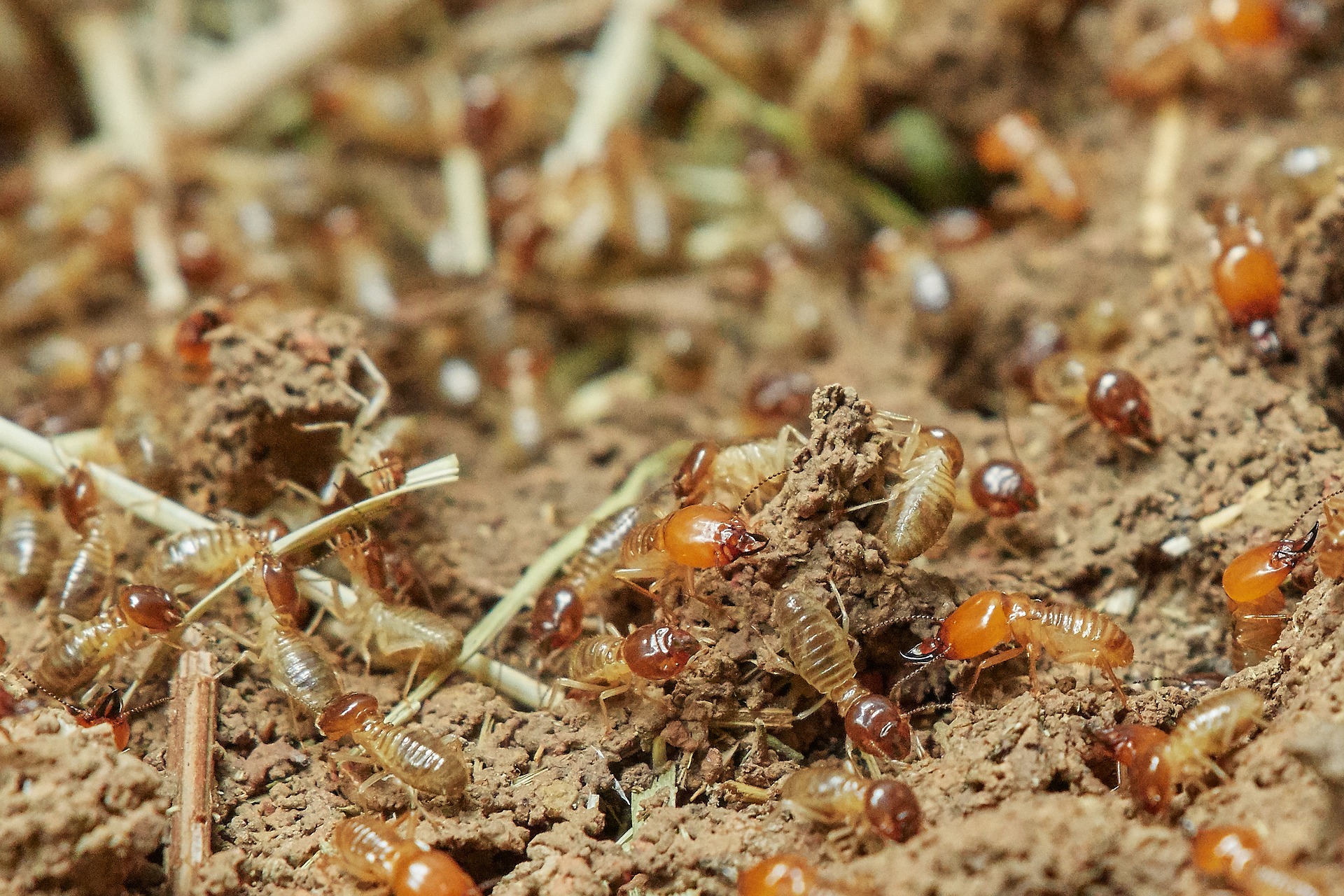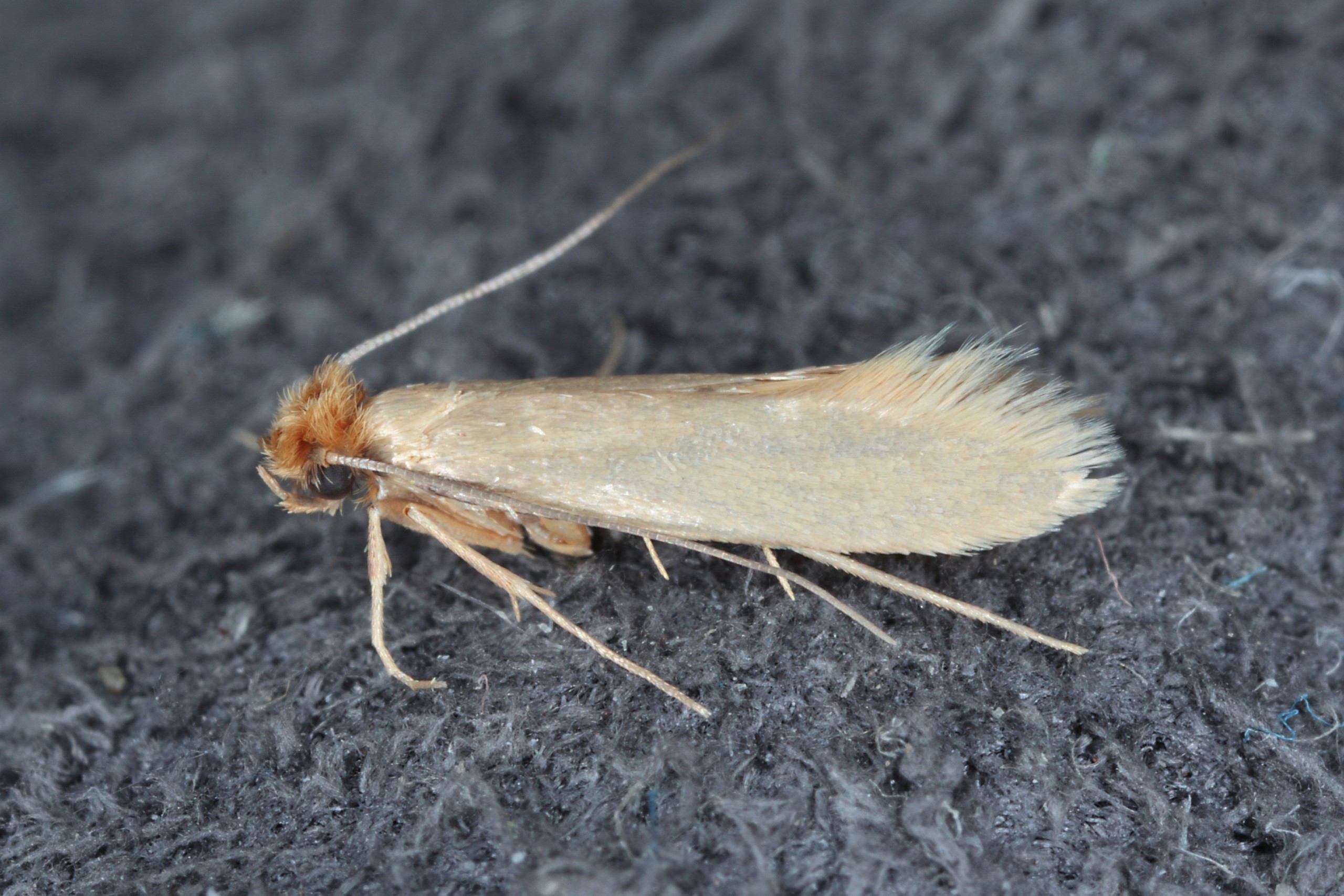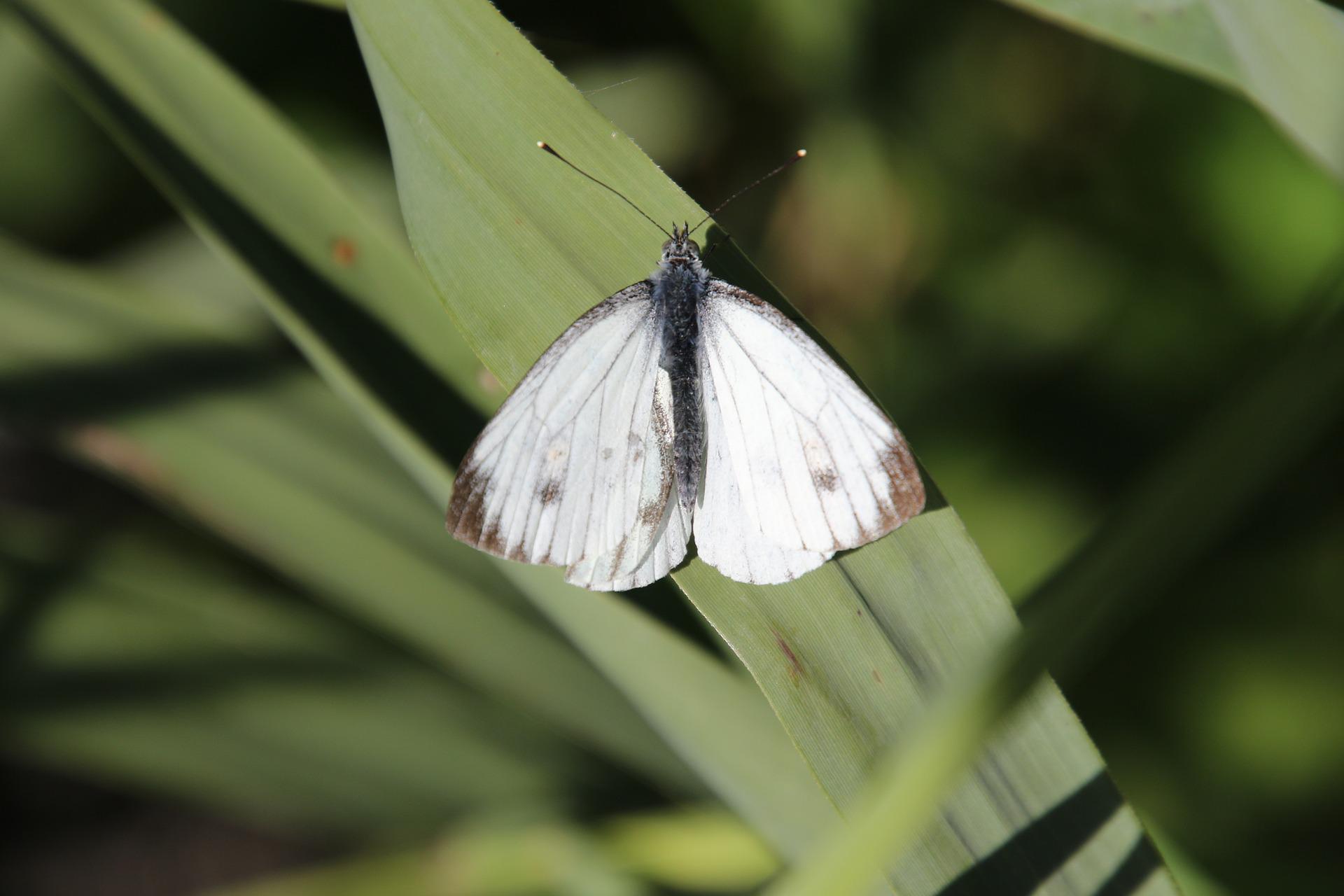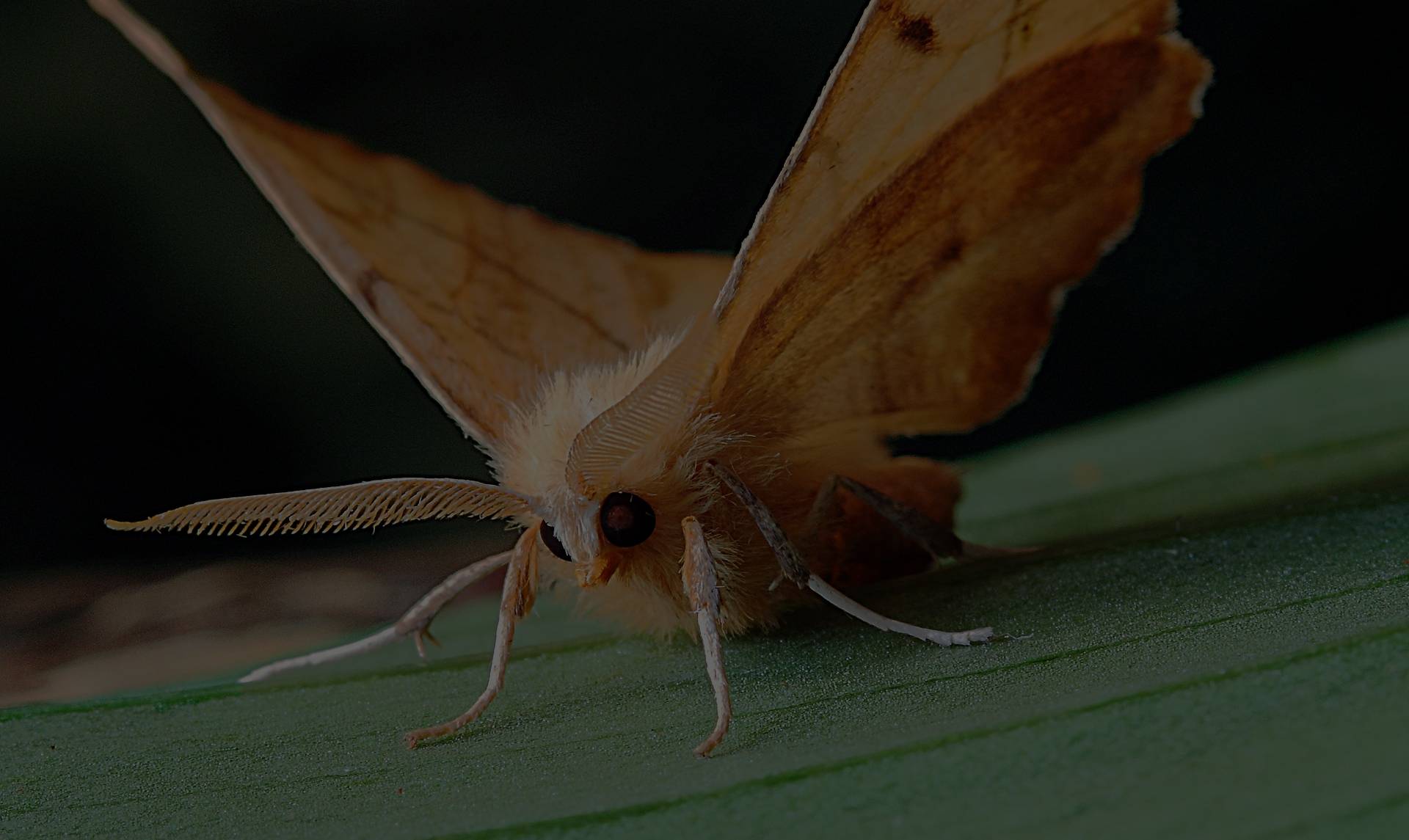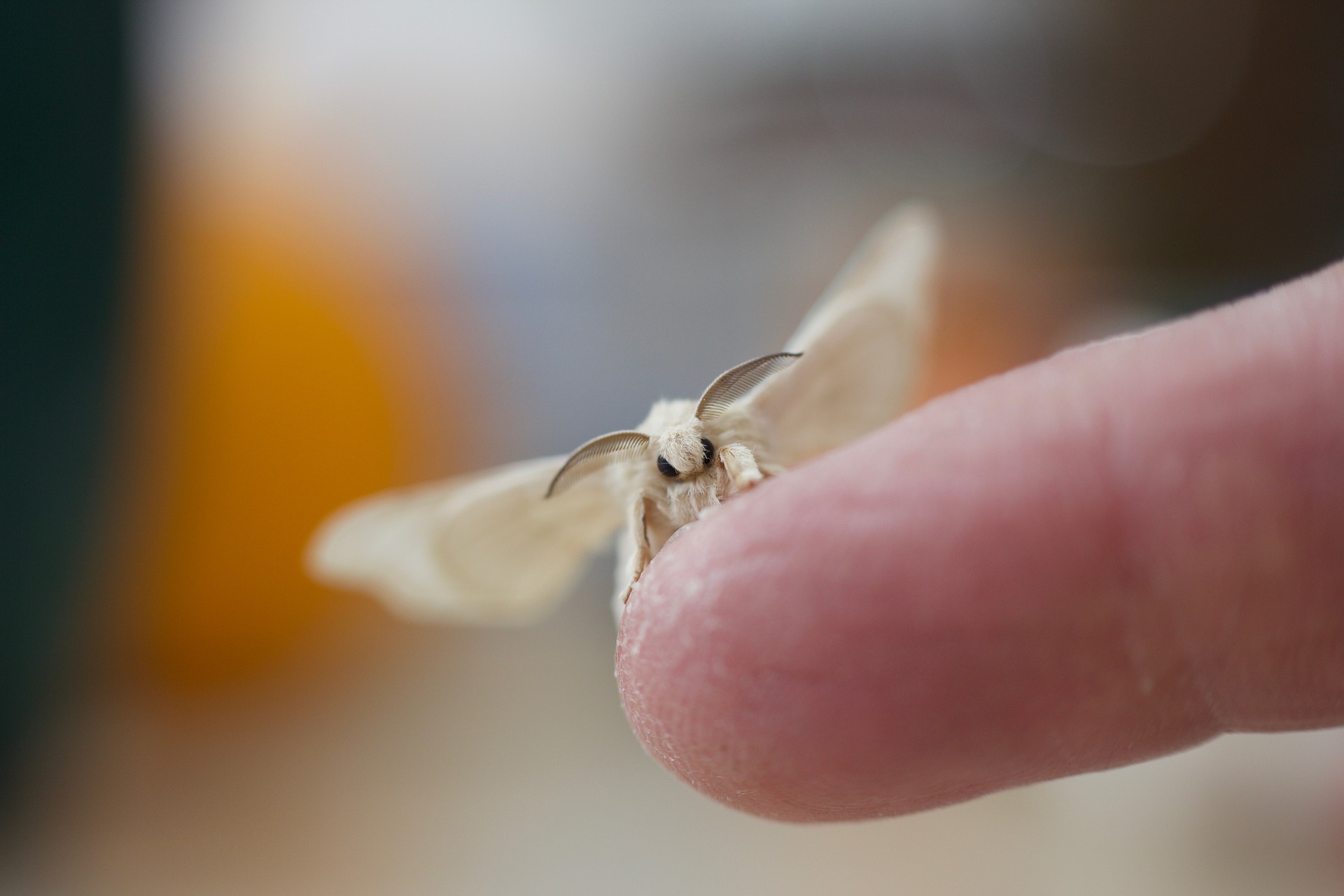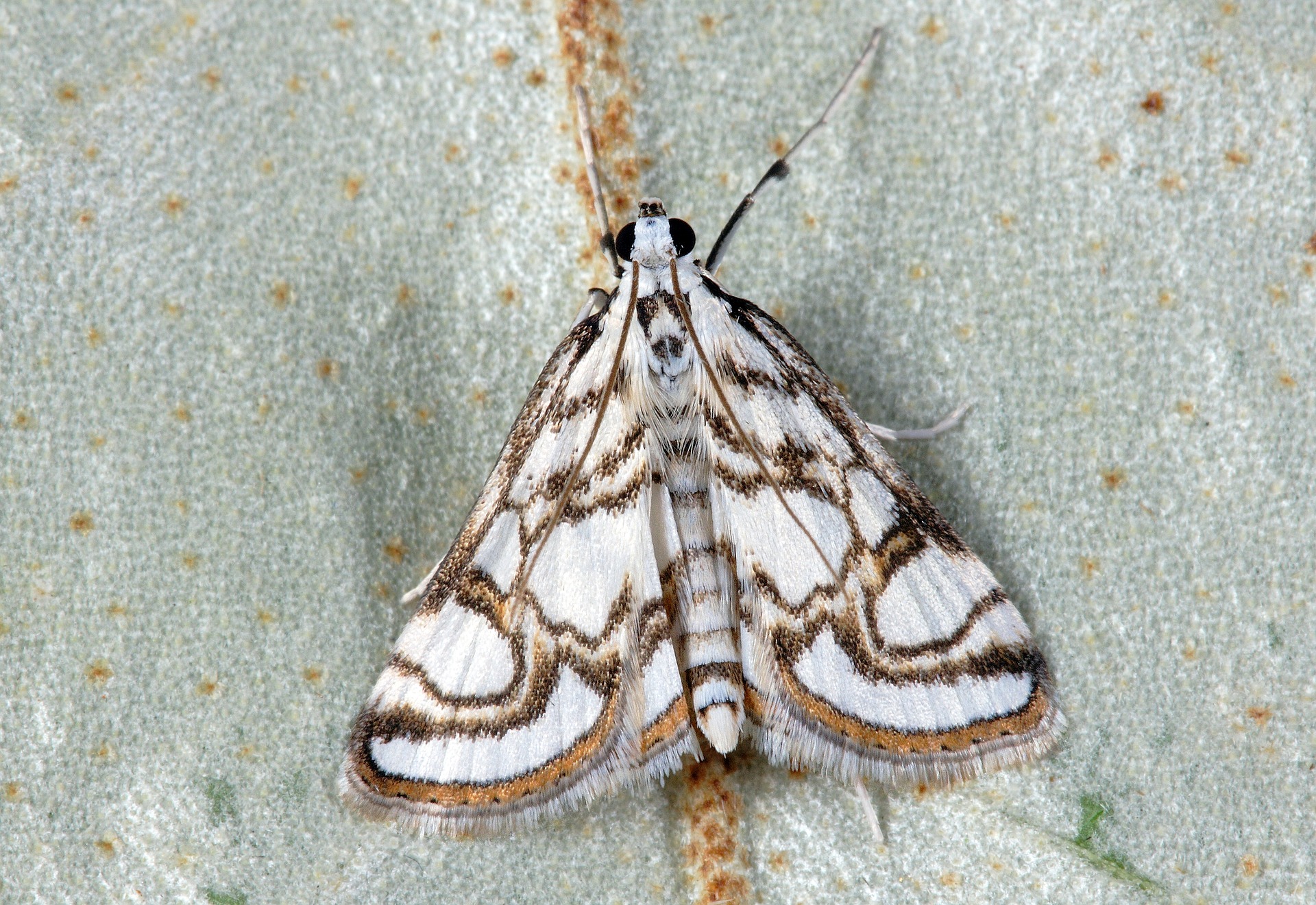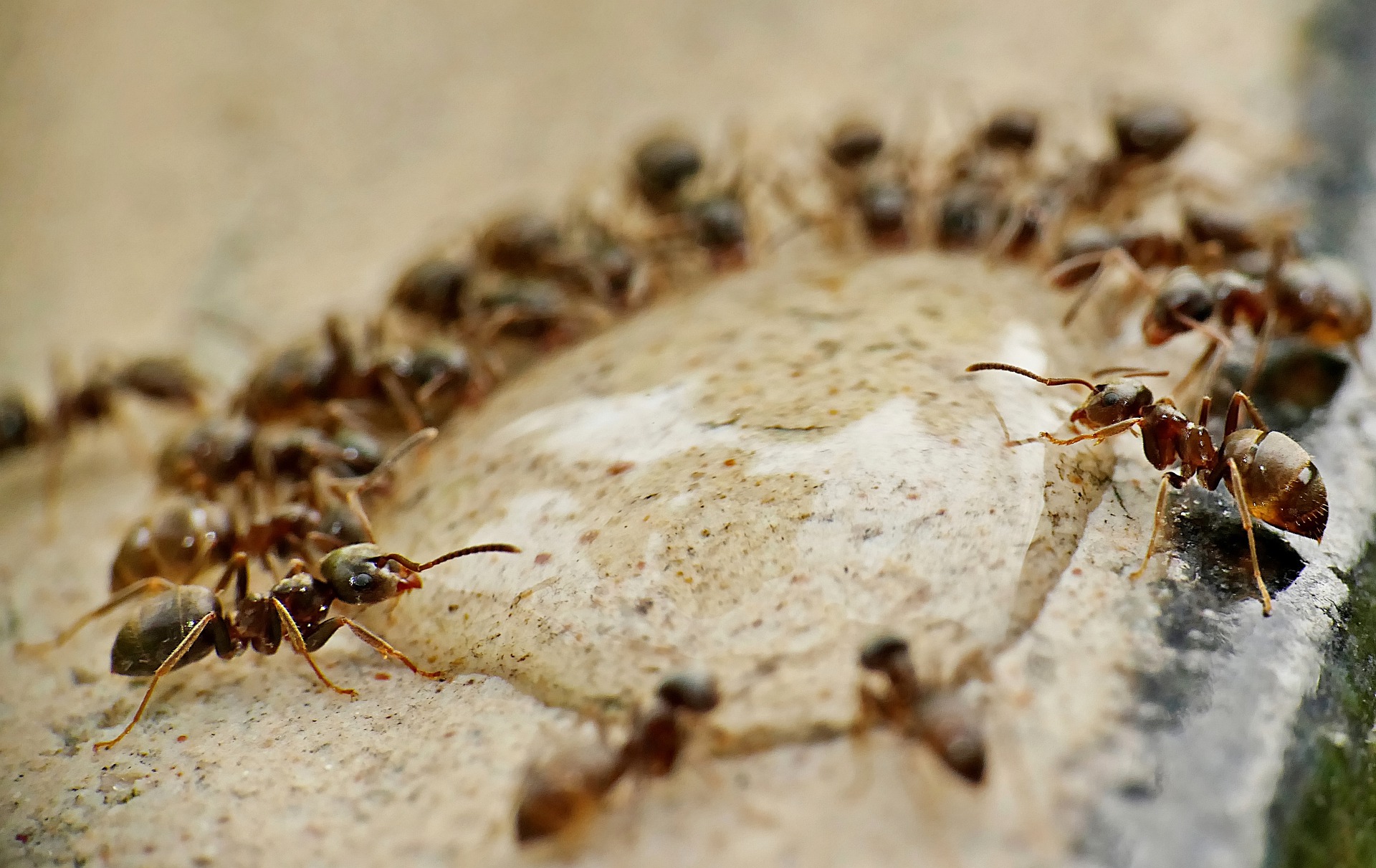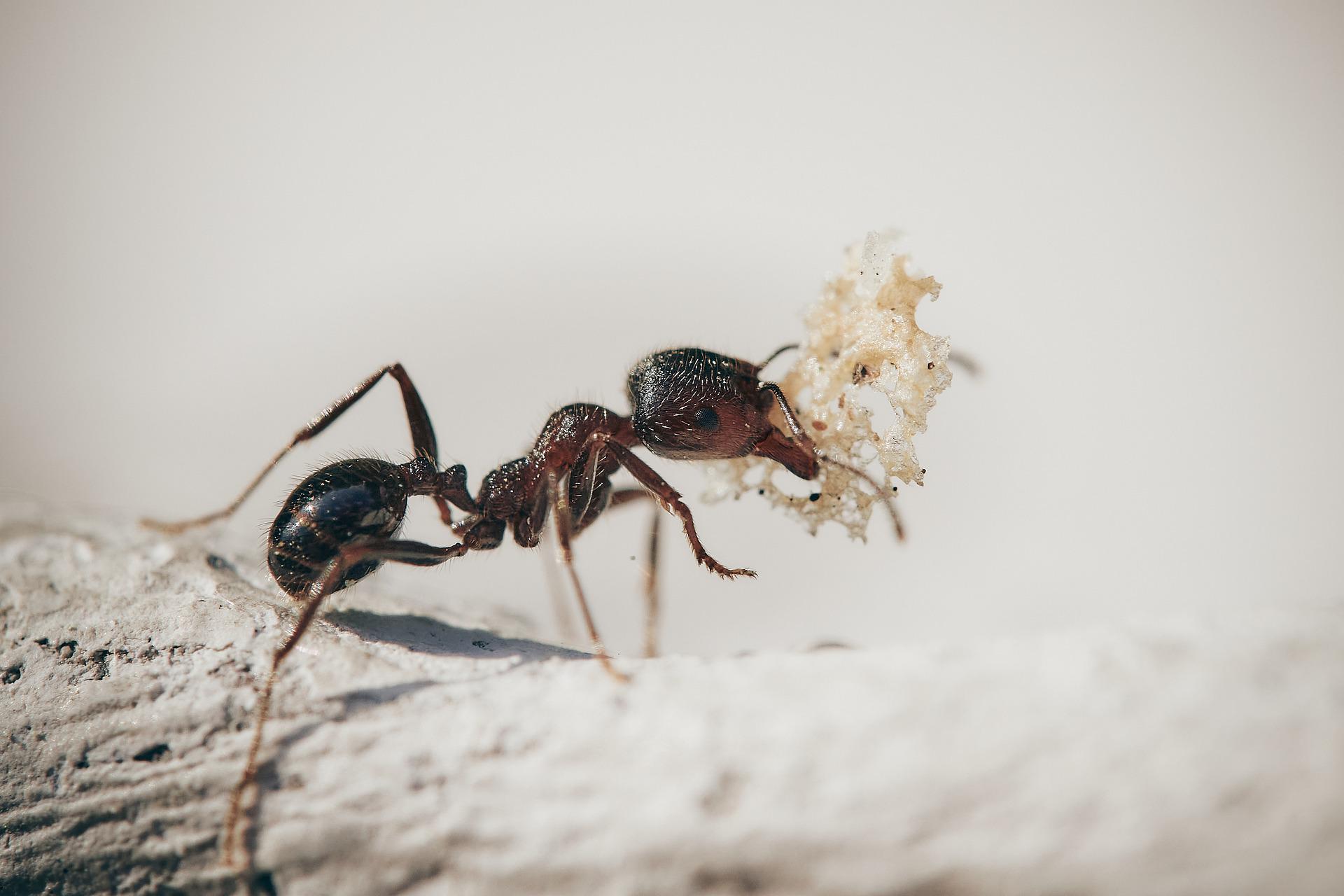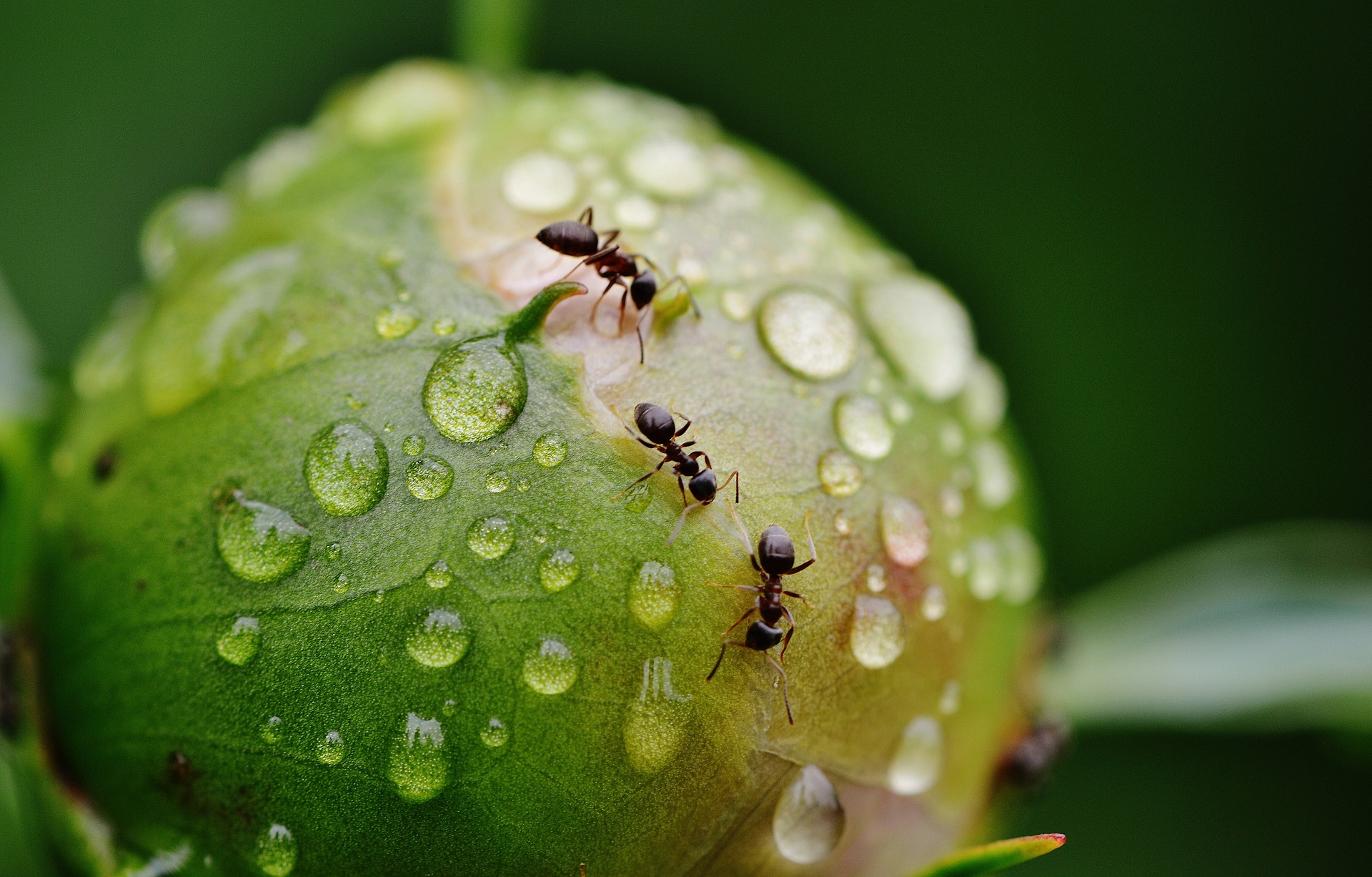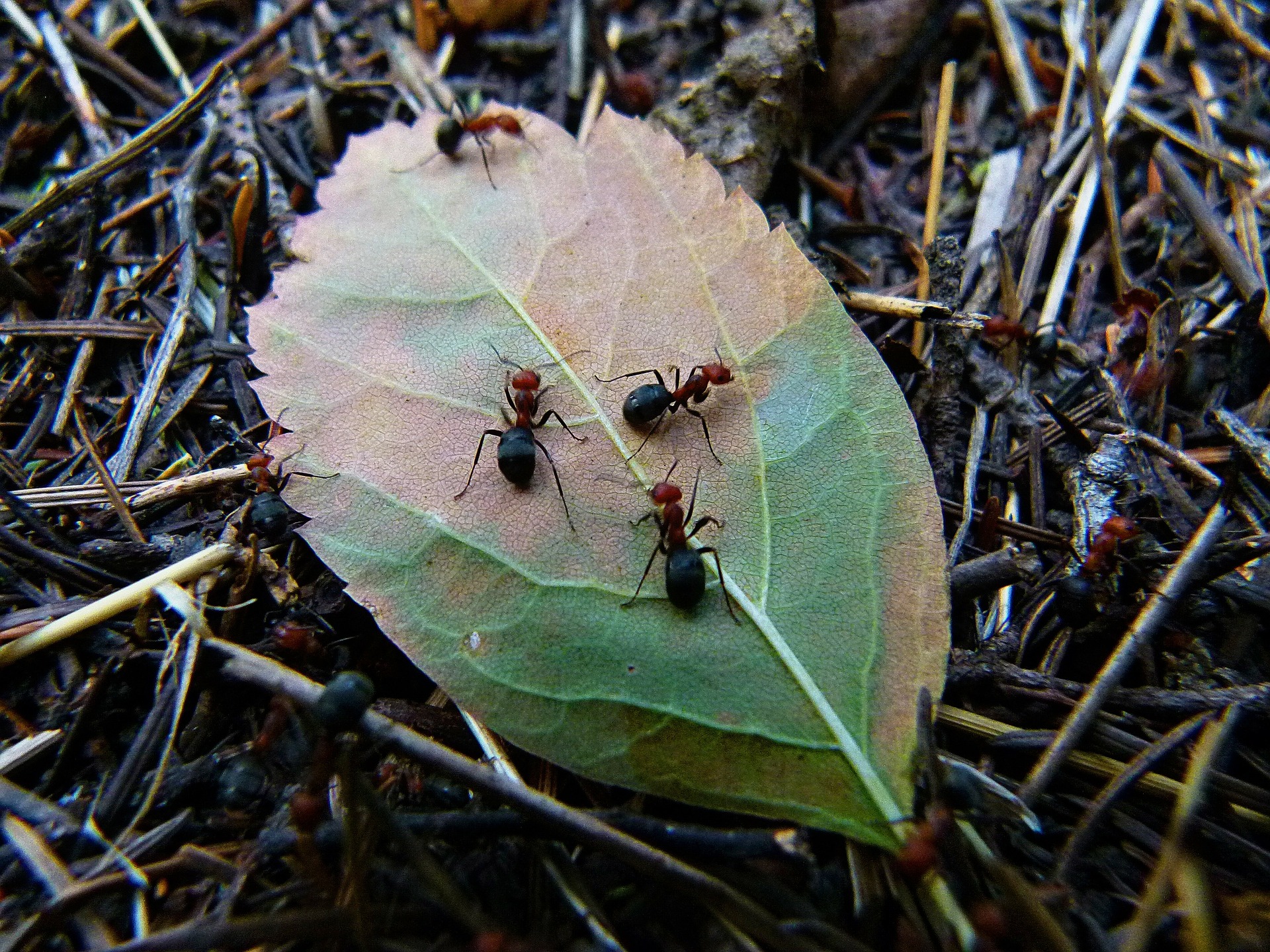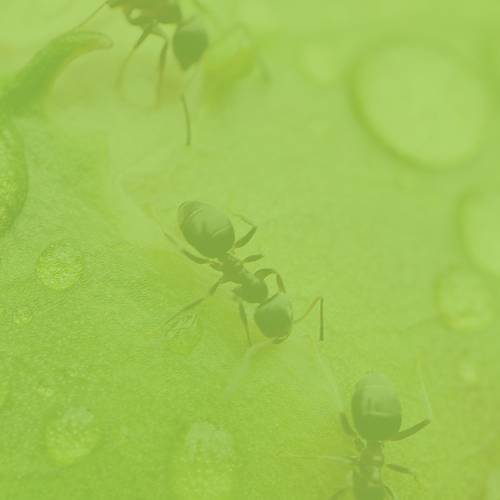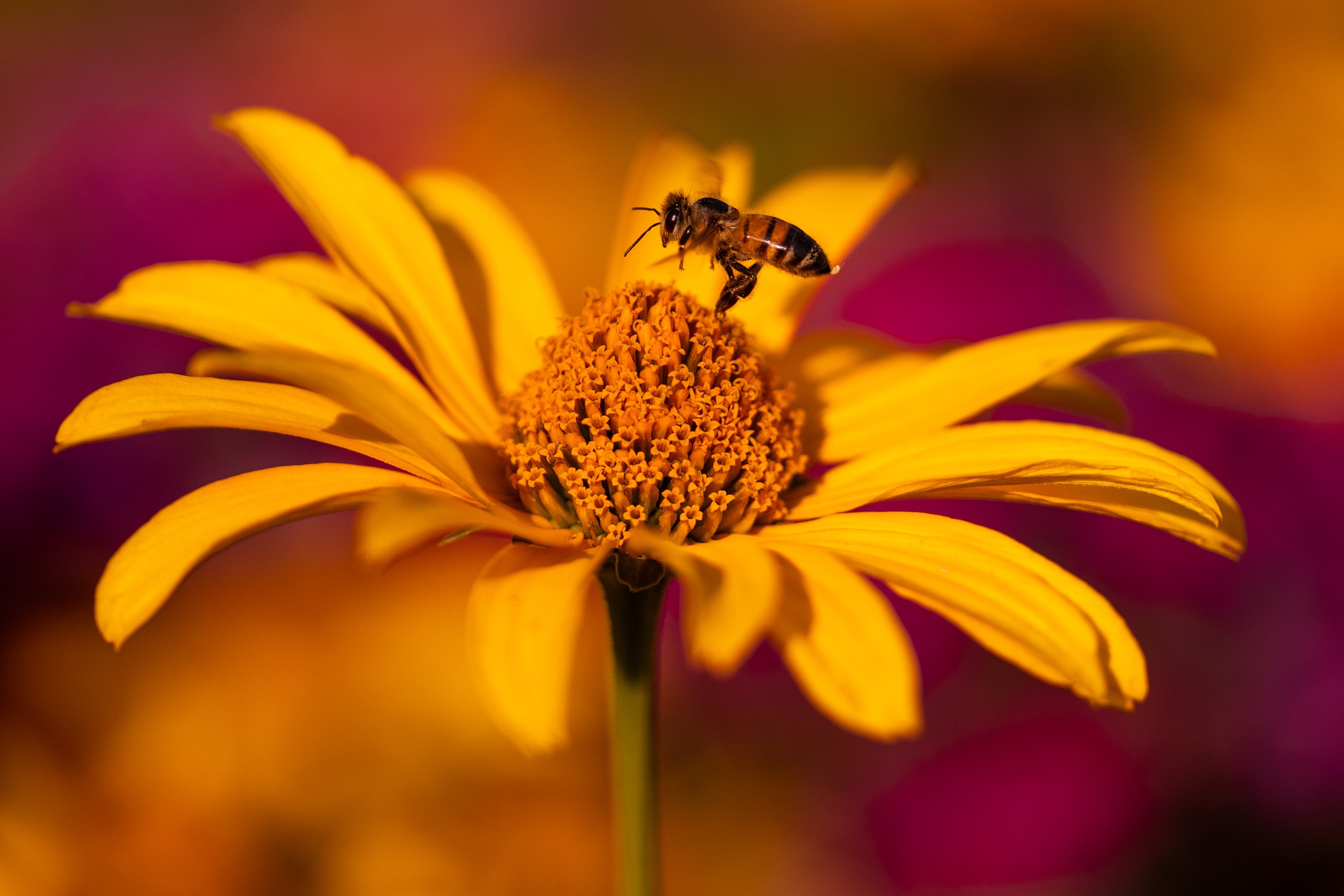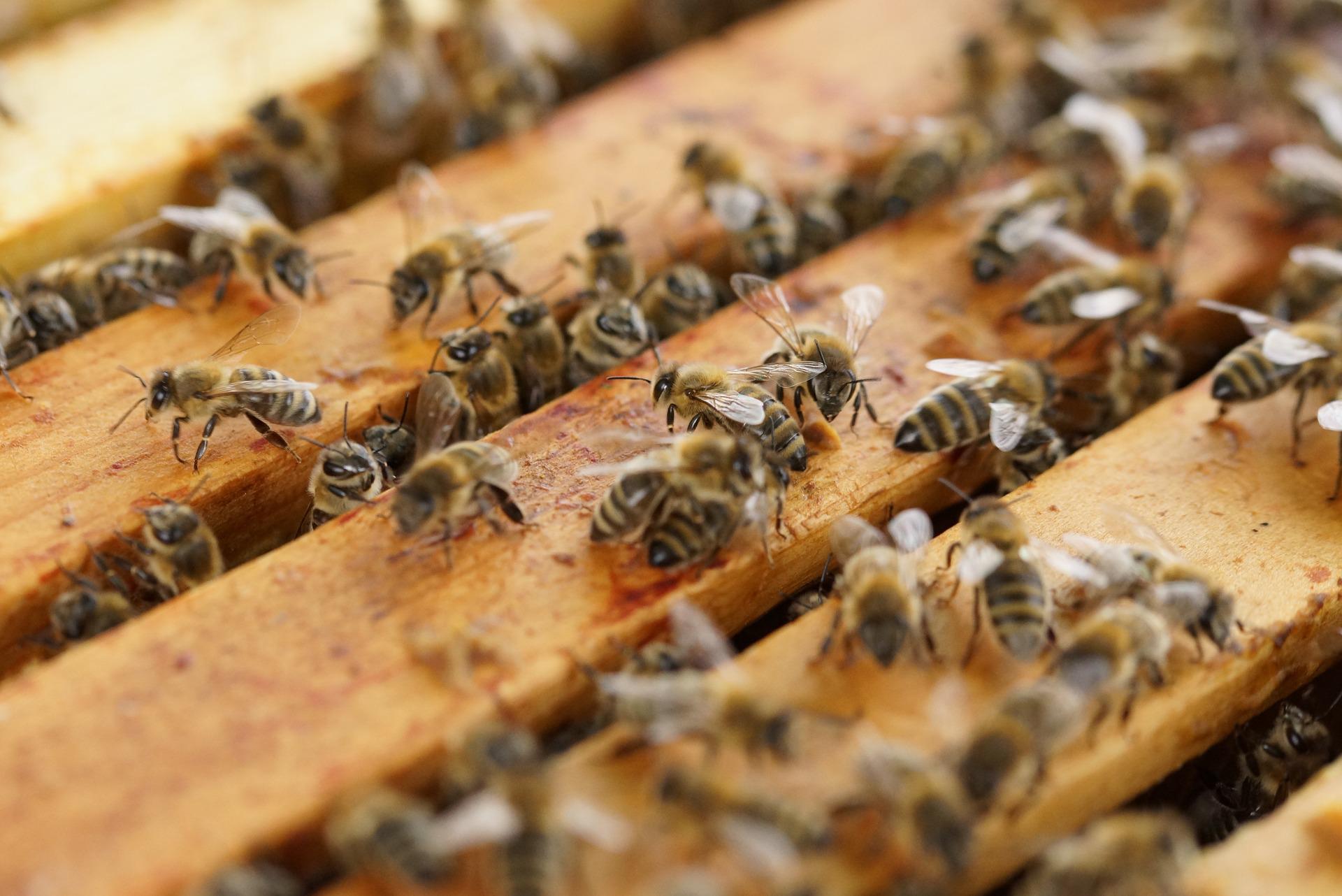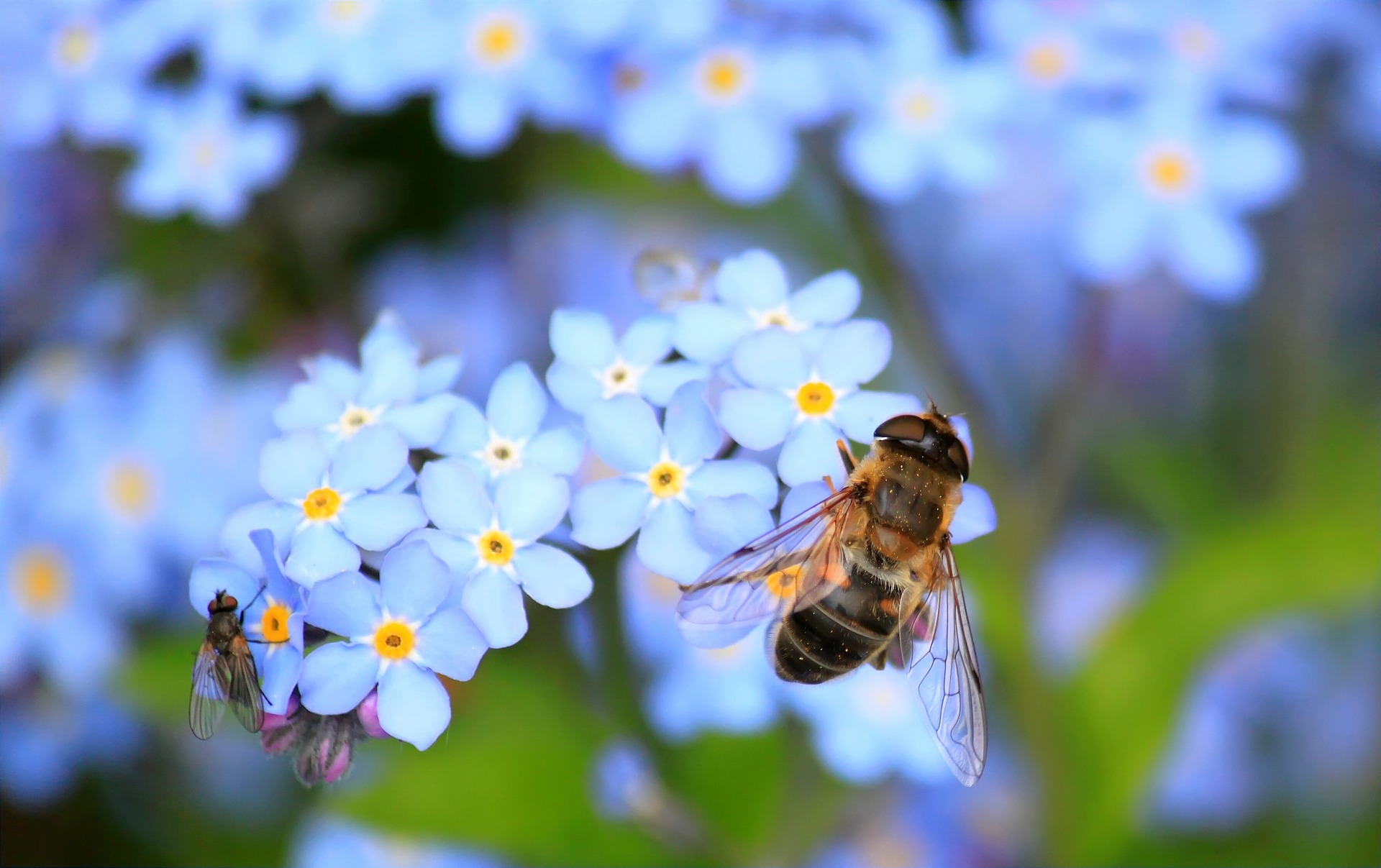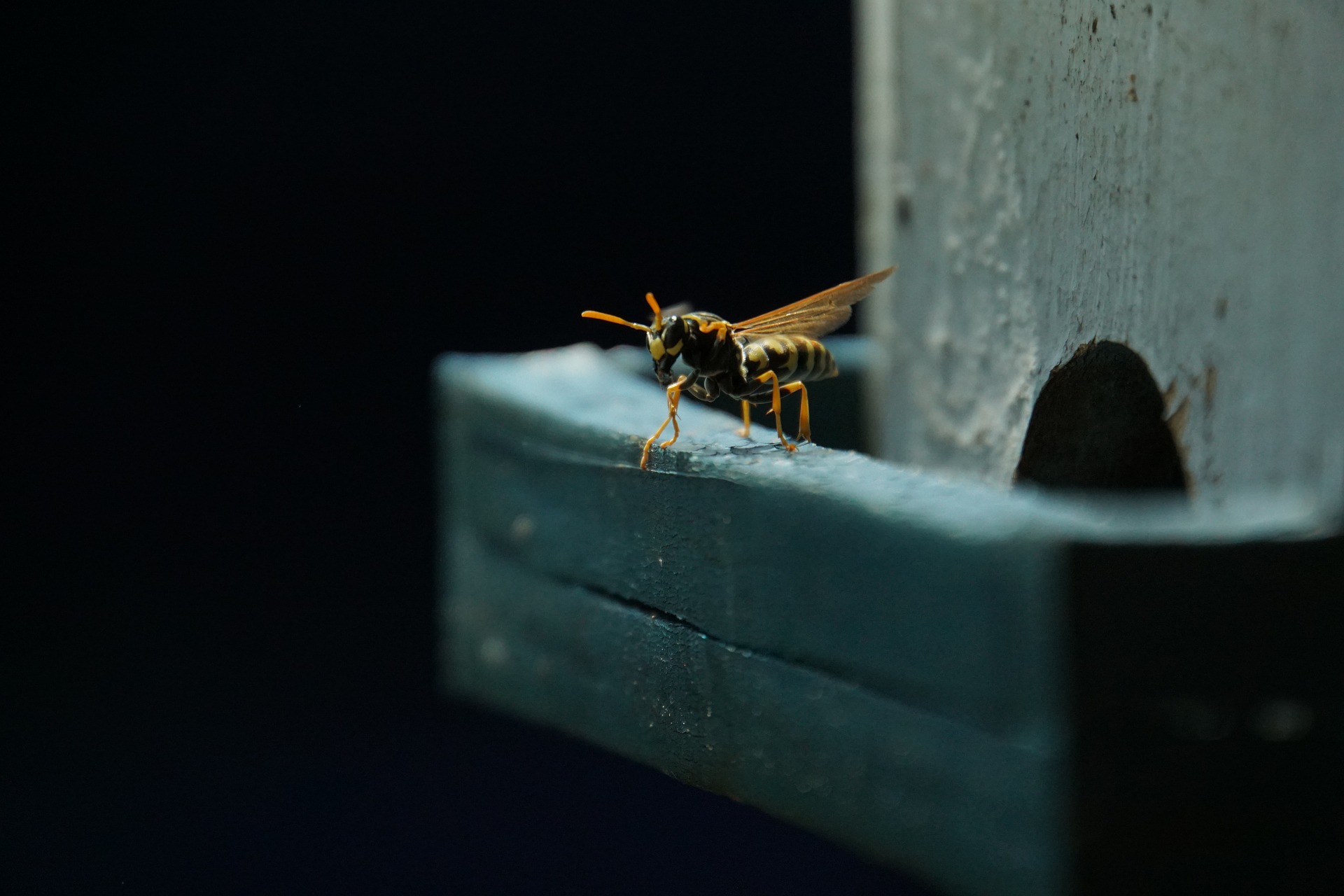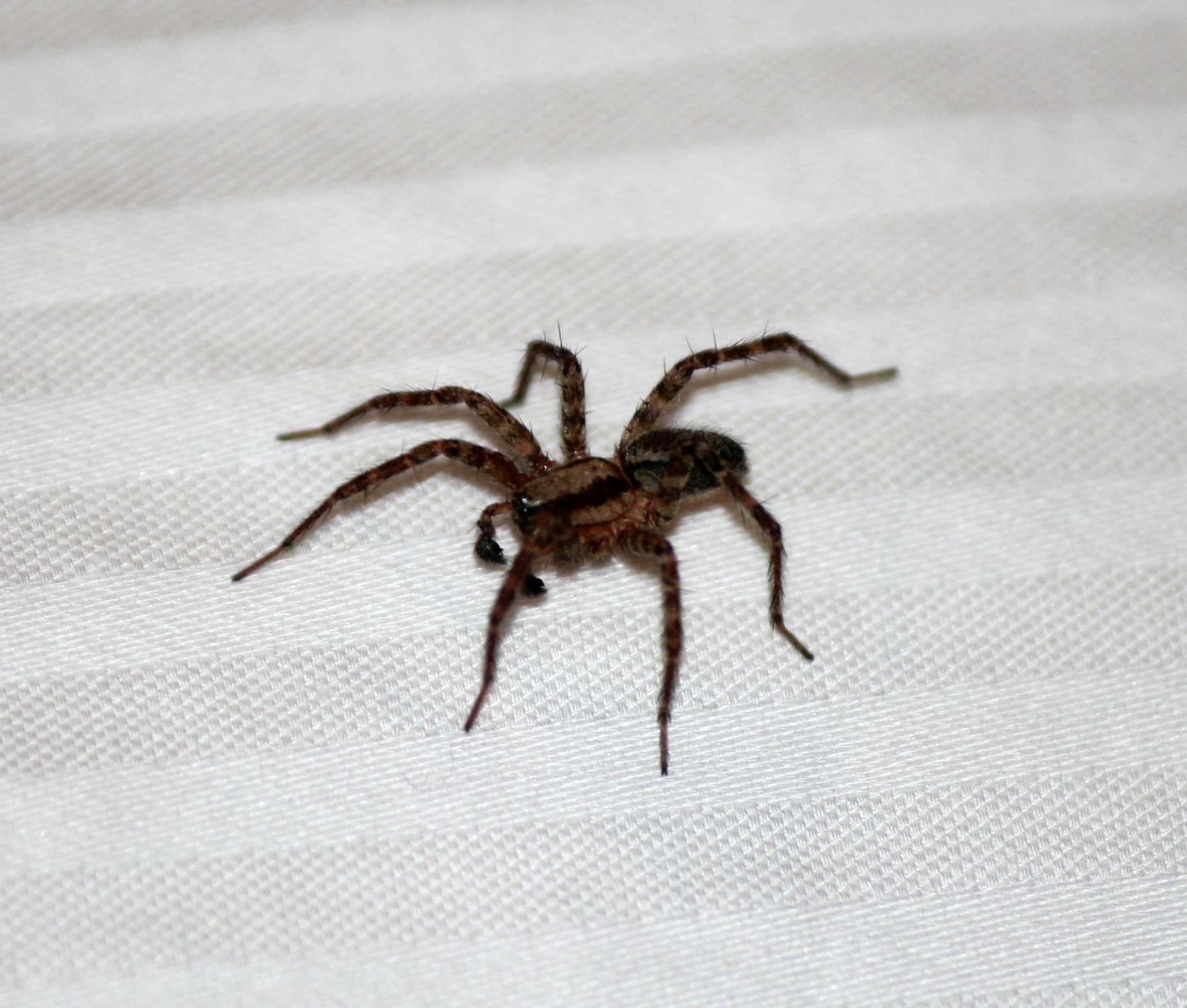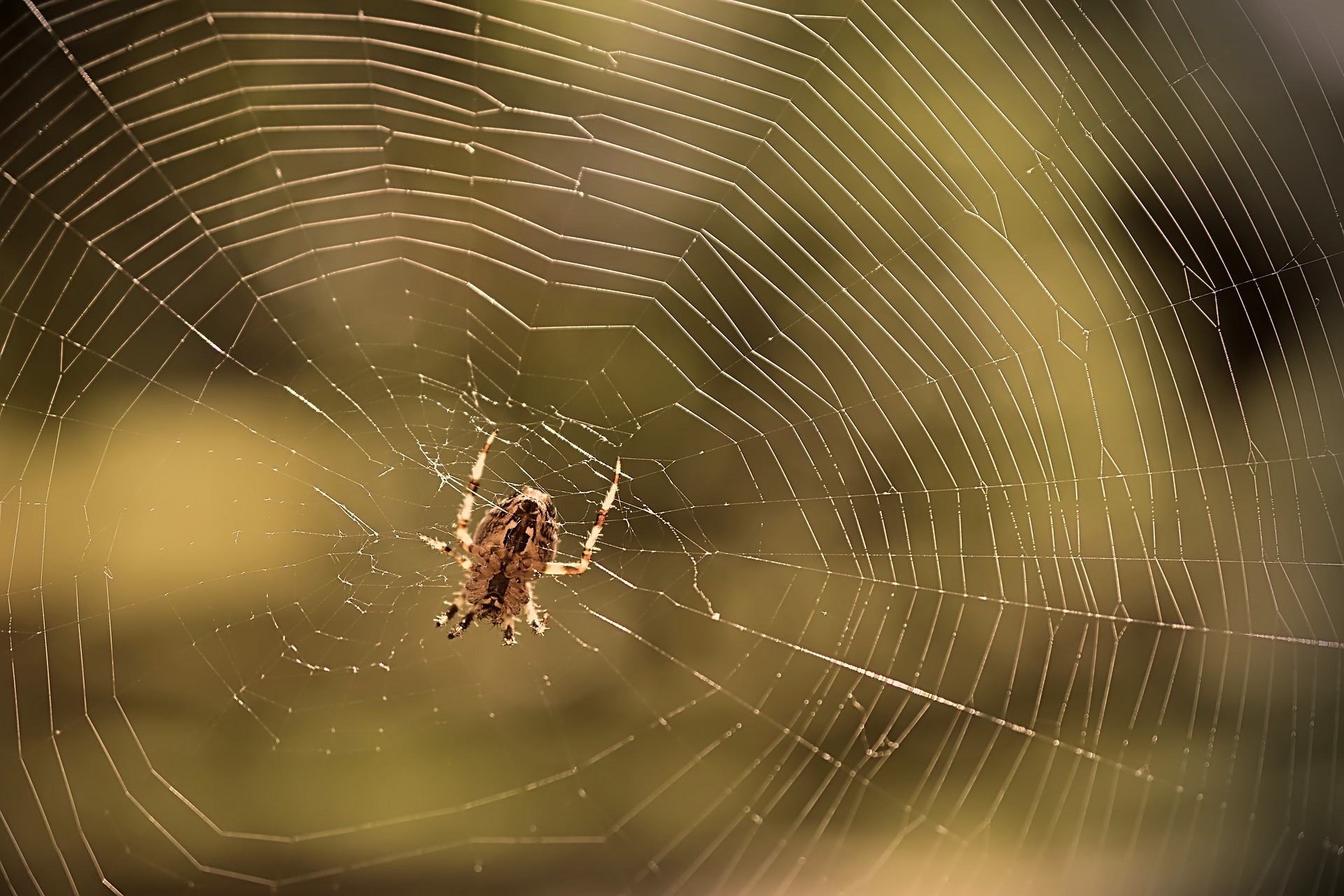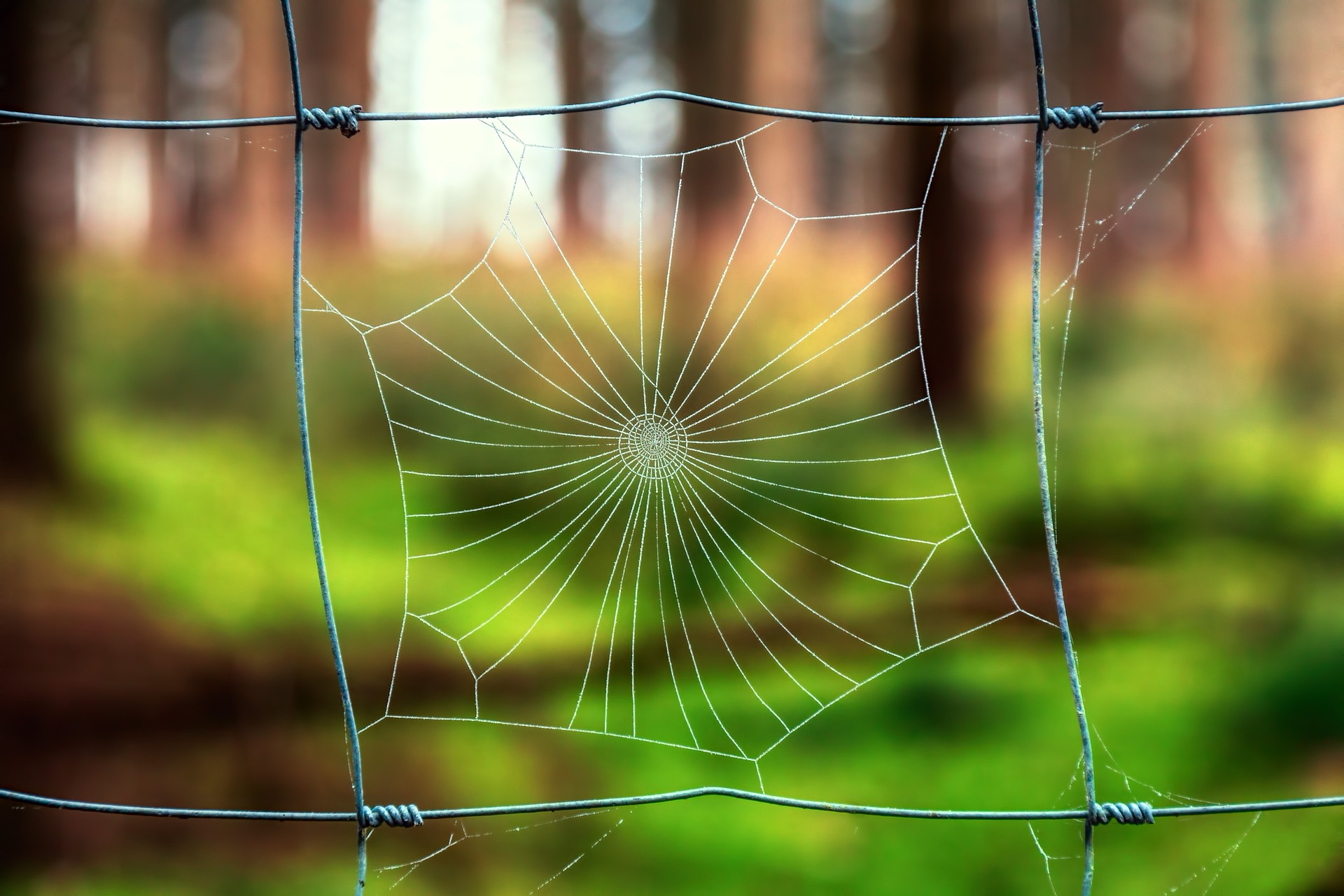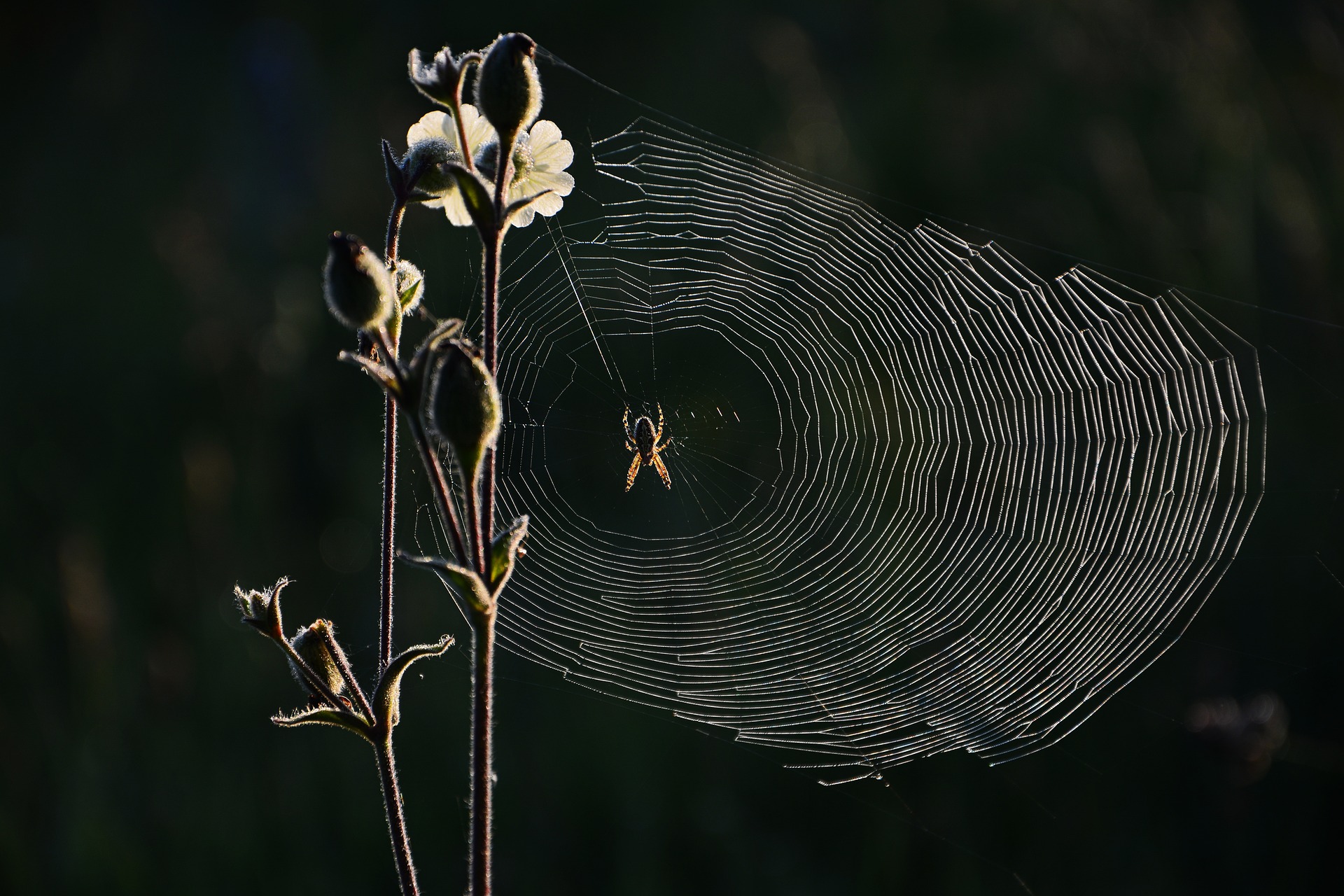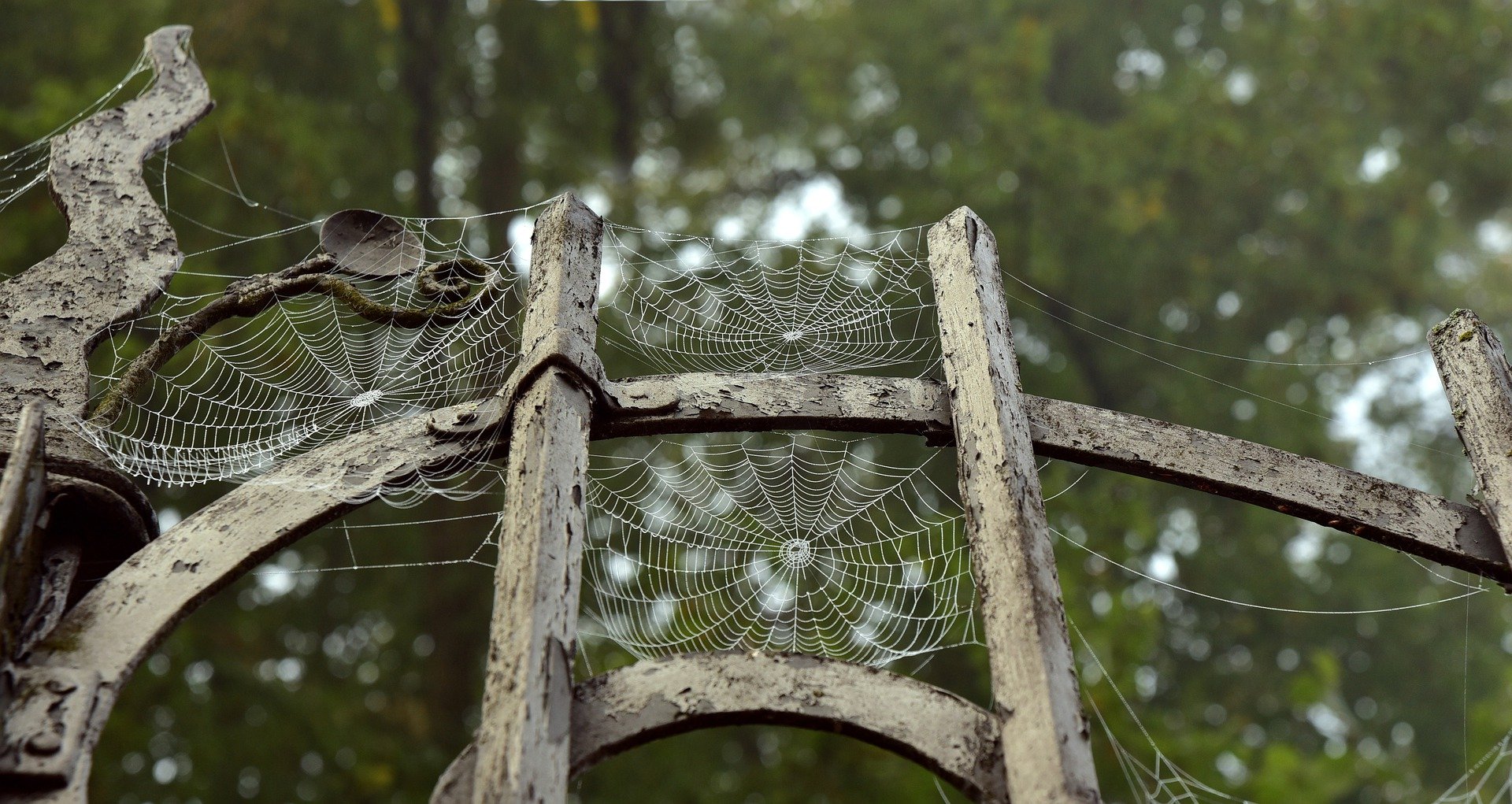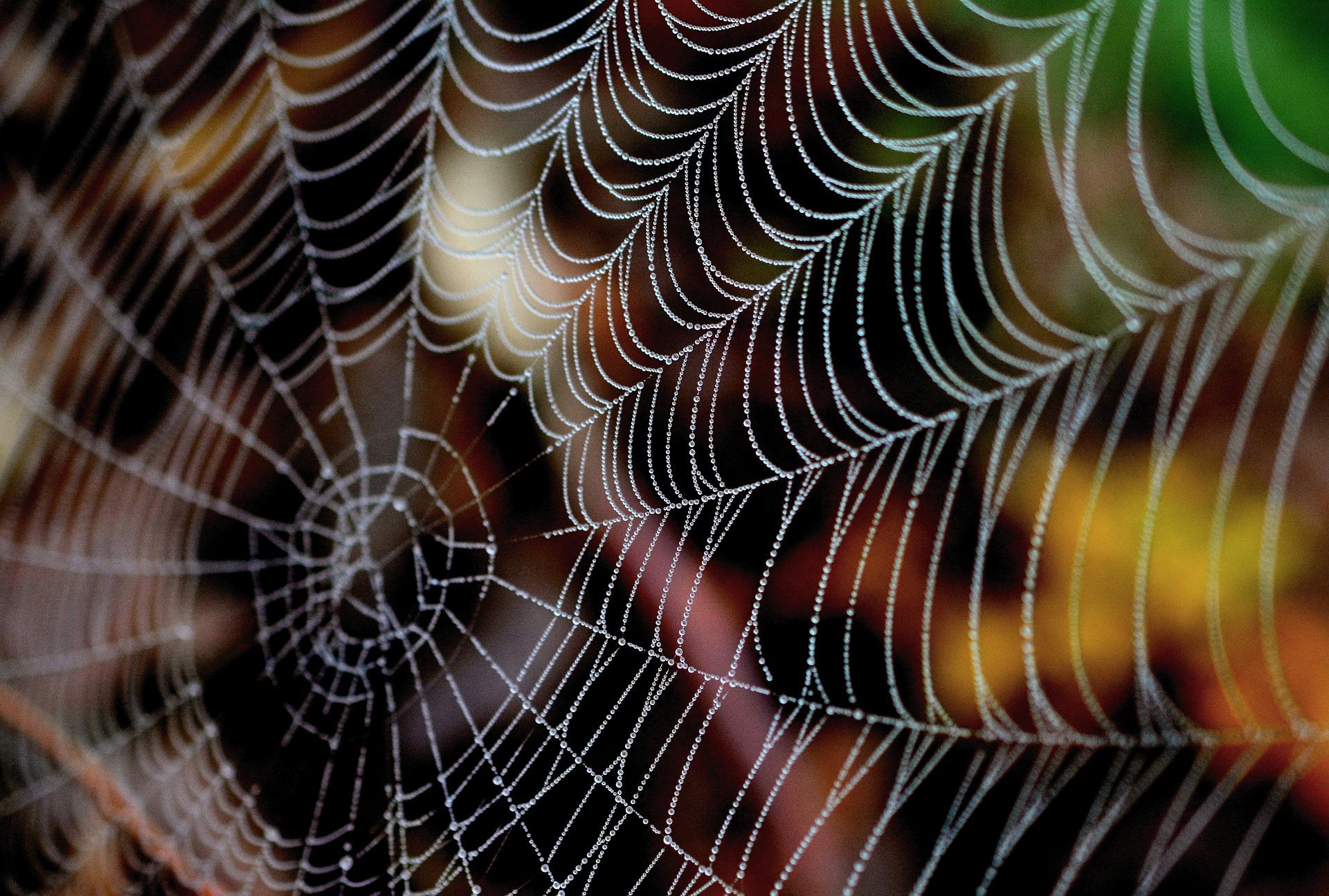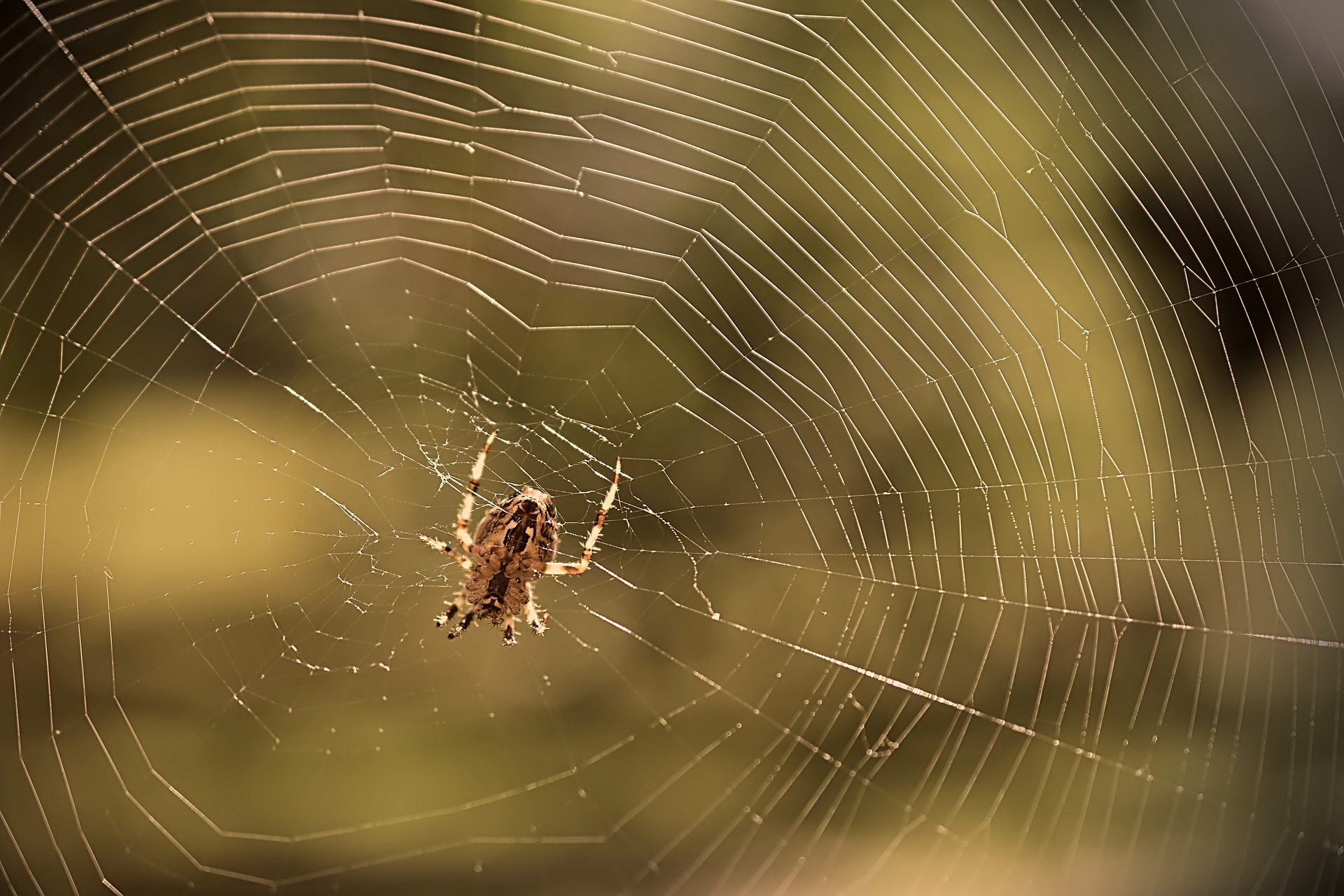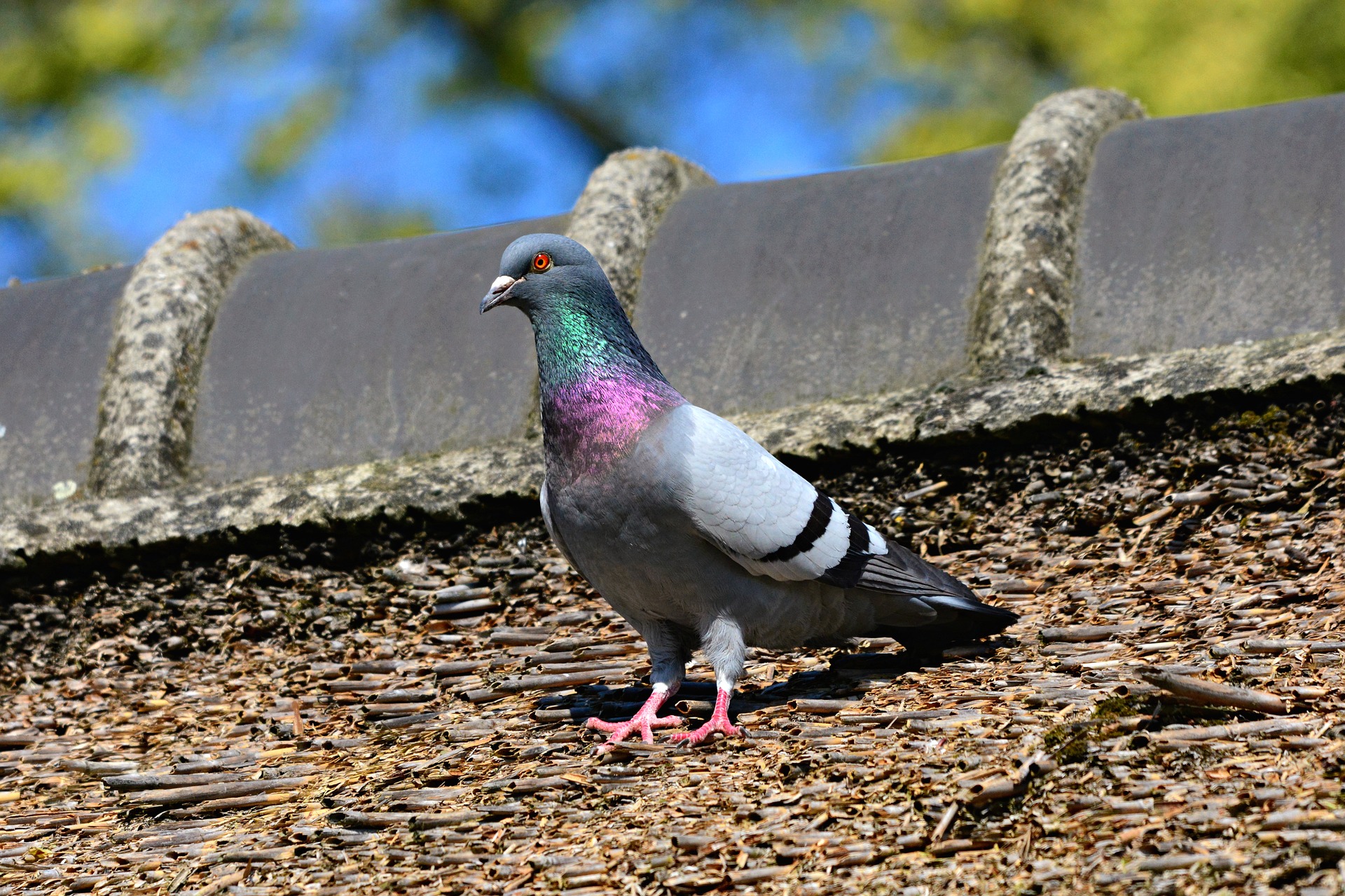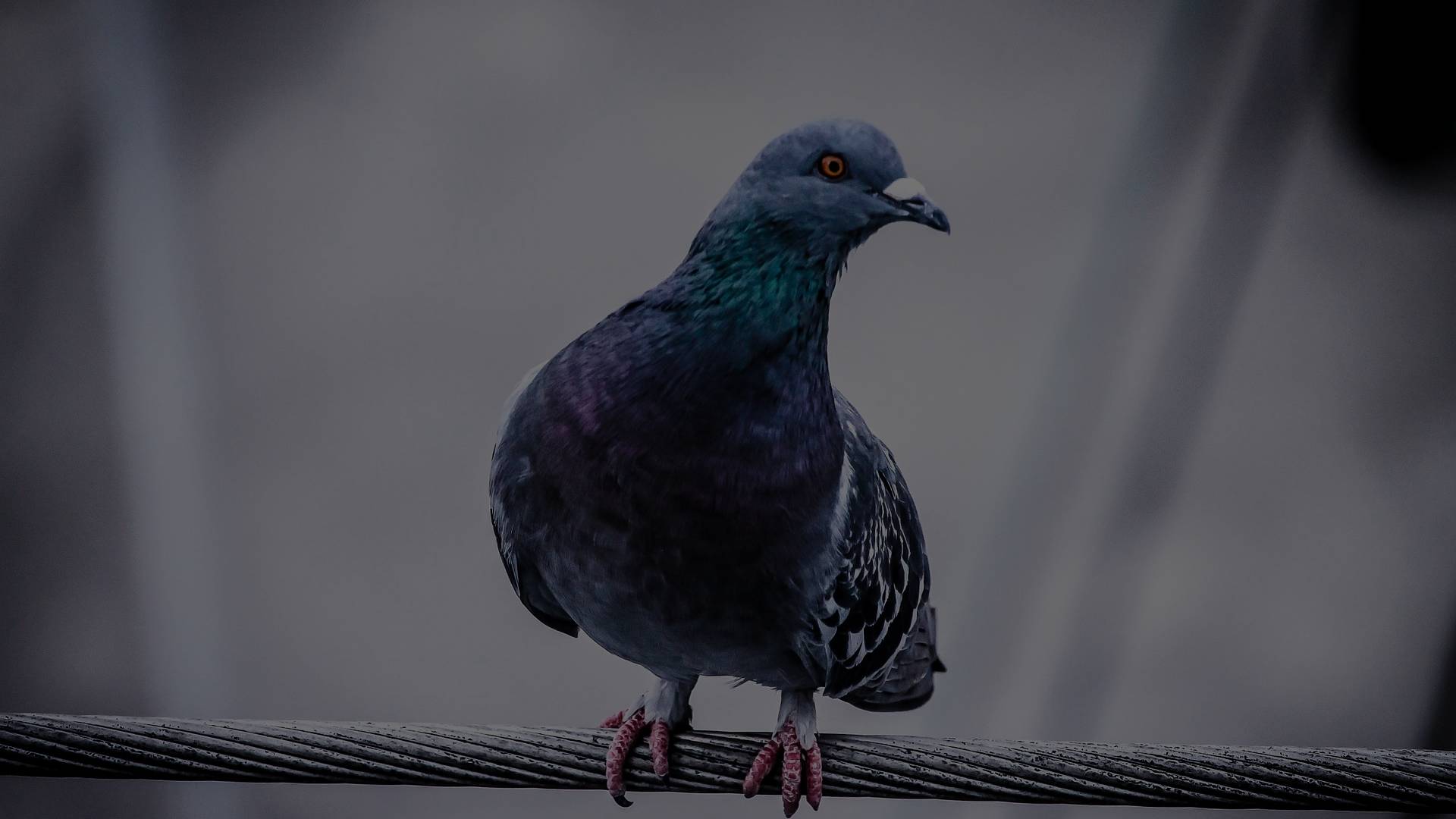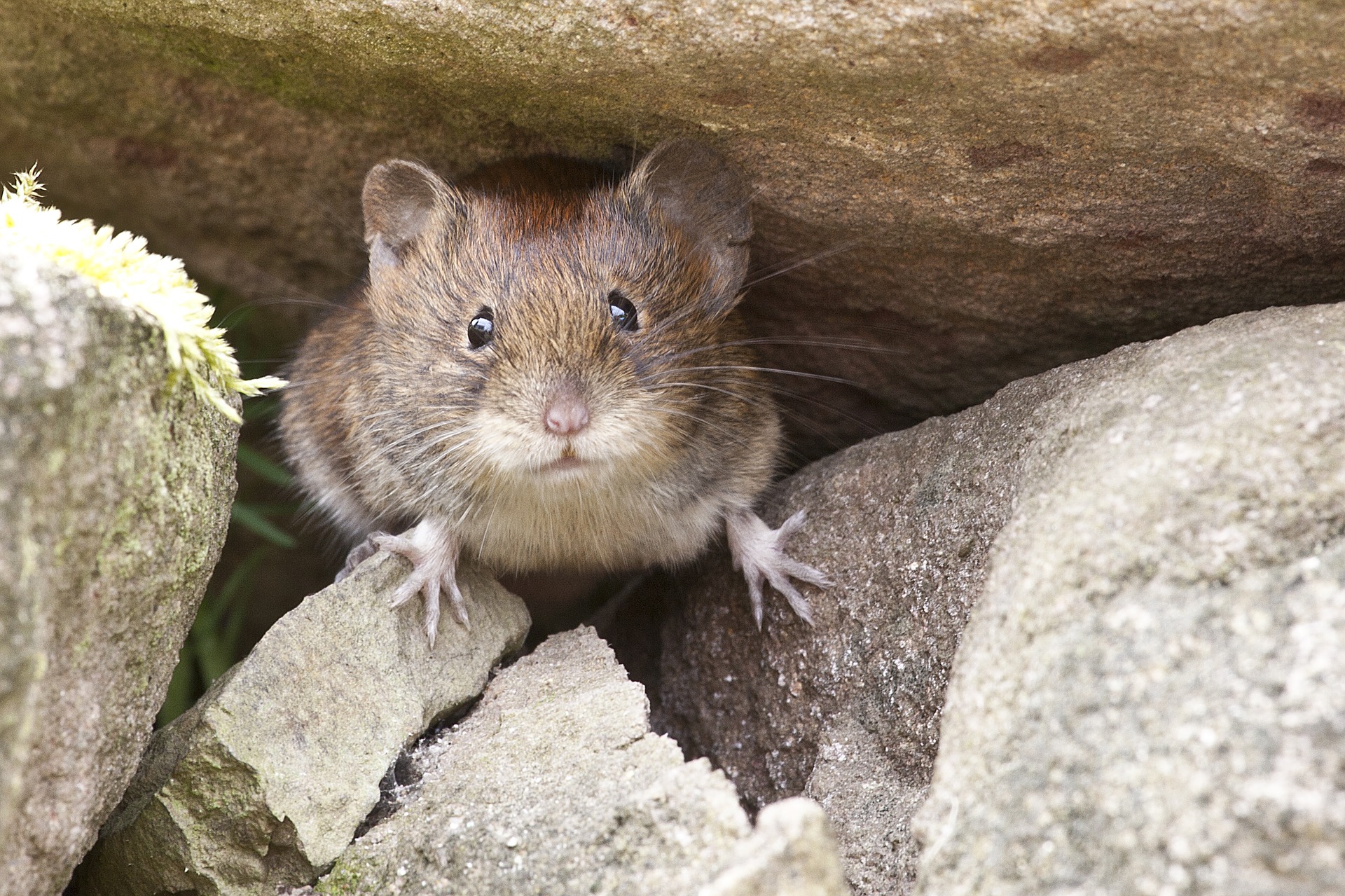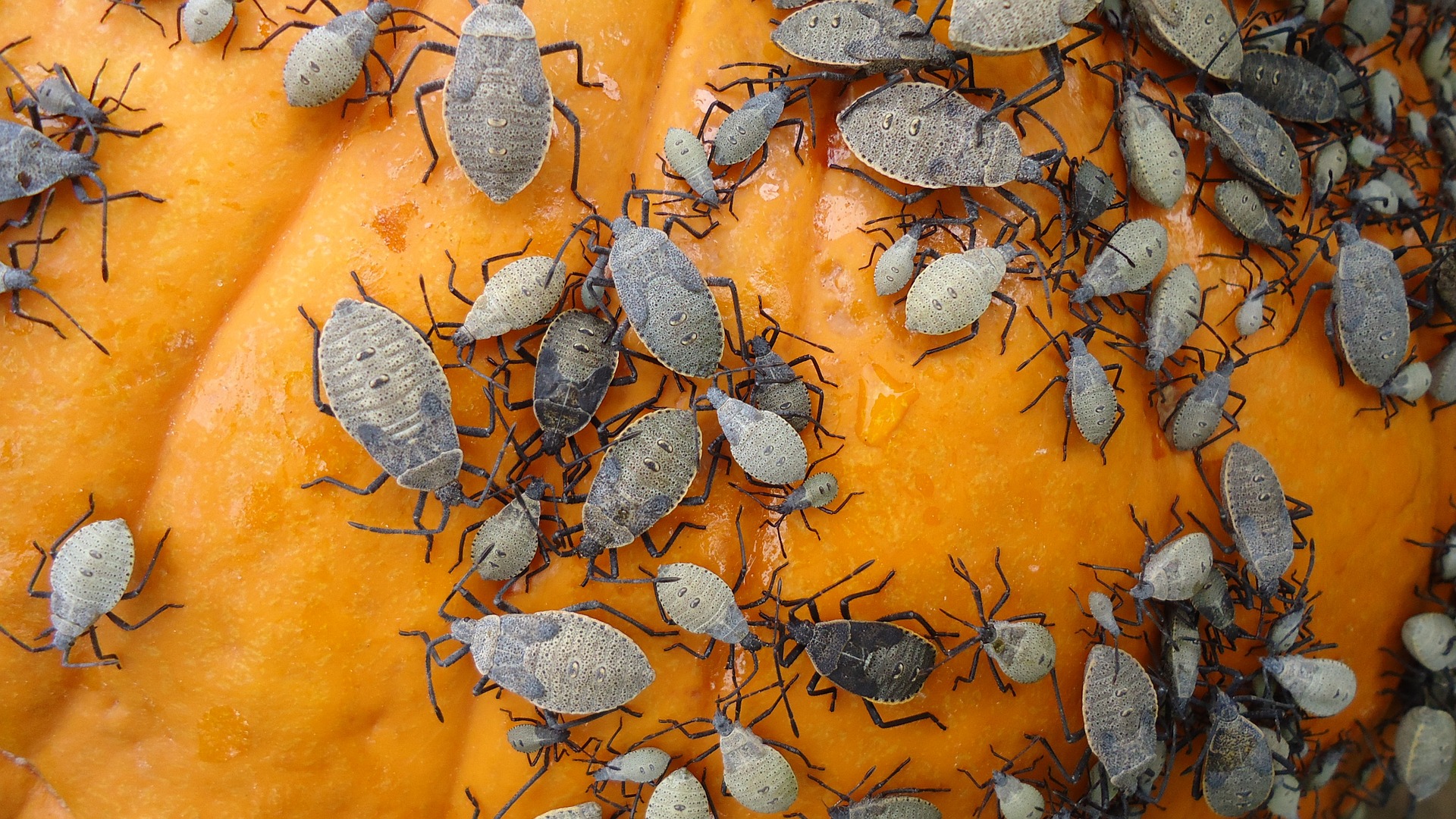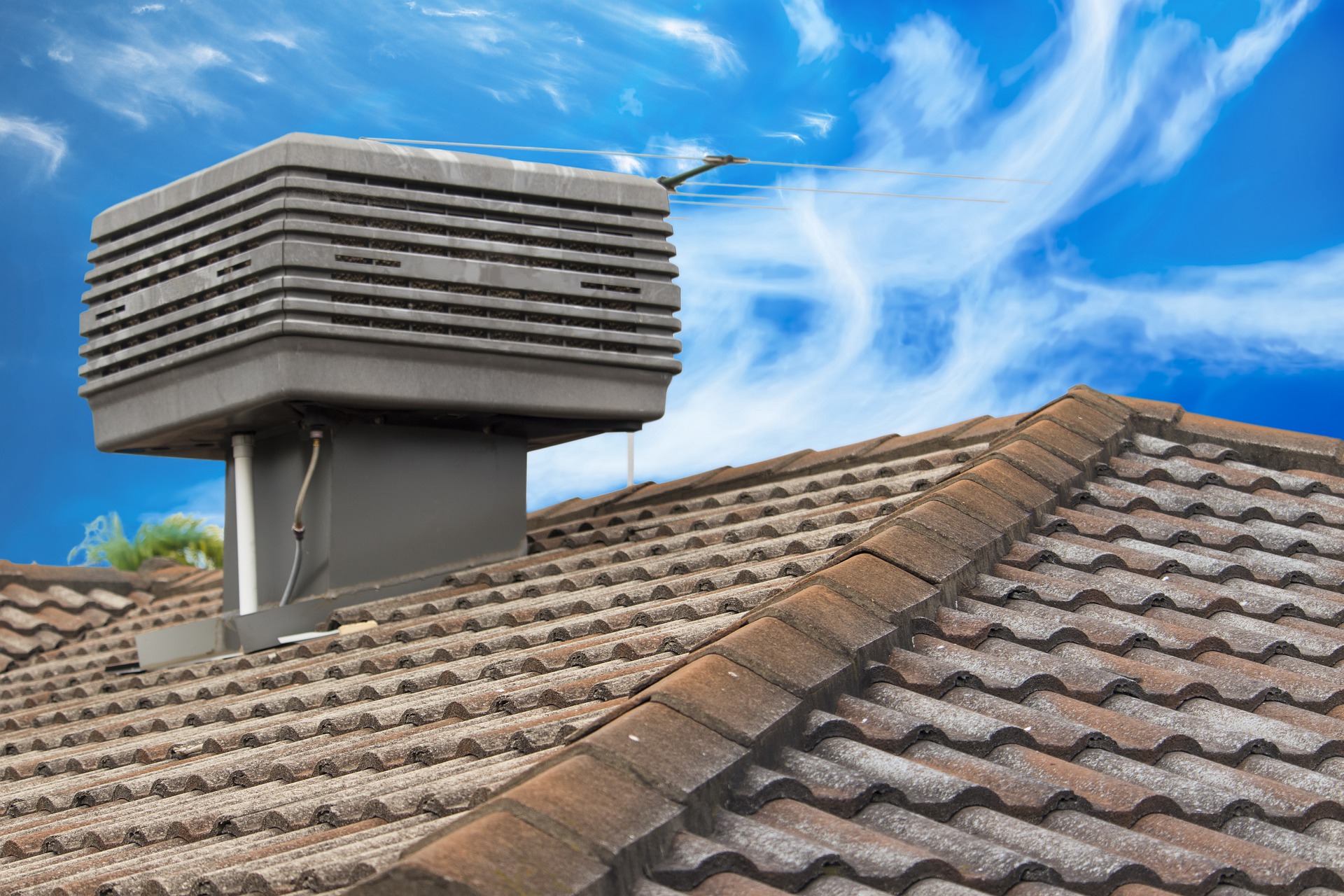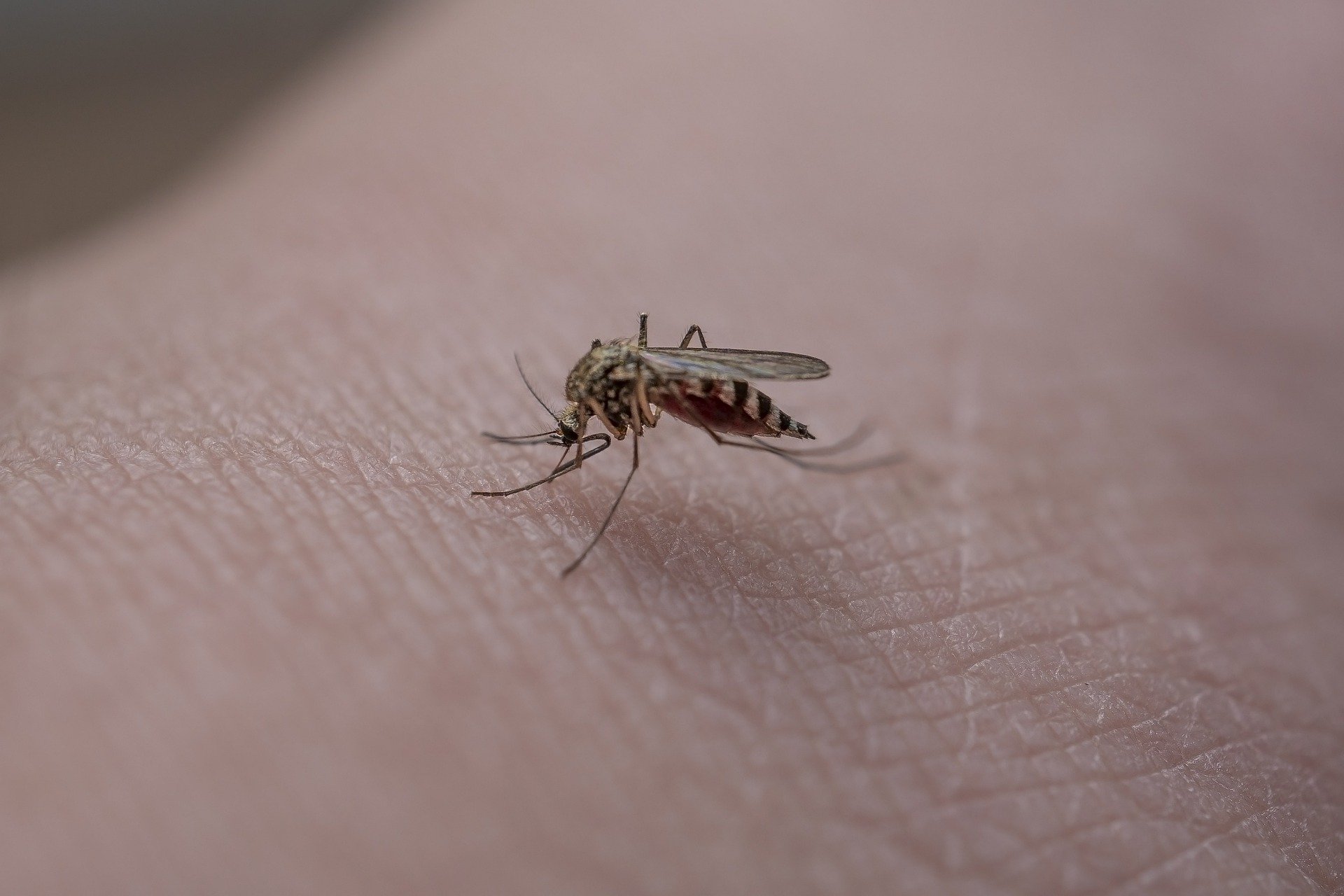Having a lush, green lawn is the dream of every homeowner. However, maintaining a healthy lawn can be a challenging task, especially when it comes to dealing with common lawn pests. These tiny invaders can wreak havoc on your yard, causing damage to your grass, plants, and even your overall landscape. In this article, we will explore the different types of common lawn pests, how to identify them, and most importantly, how to prevent them from infesting your lawn.
Understanding Common Lawn Pests and Their Impact on Your Yard
Common lawn pests are insects and other organisms that feed on grass, plants, and soil, causing significant damage to your yard. They can be categorized into different groups, including insects, worms, and rodents. These pests can cause a range of problems, such as yellowing or browning of grass, thinning of turf, and even complete destruction of plants. Additionally, they can create unsightly patches and tunnels in your lawn, making it less appealing and reducing its overall value.
One of the most common lawn pests is the white grub, which is the larval stage of various beetles. These grubs feed on the roots of grass, causing the turf to become loose and easily detachable. Another common pest is the armyworm, a caterpillar that feeds on grass blades, leaving behind brown patches. Other pests include chinch bugs, which suck the sap from grass, and moles, which tunnel through the soil, damaging the roots of plants.
Identifying Common Lawn Pests: A Guide to Recognizing the Culprits
Identifying common lawn pests is crucial in order to take appropriate measures to control and prevent their infestation. Here are some key signs to look out for:
White Grubs: Look for brown patches of grass that can be easily pulled up, indicating root damage. You may also notice the presence of birds, skunks, or raccoons digging up your lawn to feed on the grubs.
Armyworms: These pests are most active during the late summer and early fall. Look for irregularly shaped brown patches that expand rapidly. You may also notice small green caterpillars on the grass blades.
Chinch Bugs: These pests prefer hot and dry conditions. Look for yellowing or browning patches of grass, especially in sunny areas. You may also notice small, black insects with white wings crawling on the grass.
Moles: Moles create raised tunnels in your lawn, which can be seen as ridges or mounds of soil. You may also notice dying or wilting plants due to root damage caused by moles.
Prevention Tips: How to Safeguard Your Lawn from Common Pests
Preventing common lawn pests is the key to maintaining a healthy and beautiful yard. Here are some effective prevention tips:
Regular Lawn Maintenance: Keep your lawn well-maintained by mowing it at the appropriate height and watering it deeply but infrequently. This will promote healthy grass growth and make your lawn less susceptible to pest infestations.
Proper Fertilization: Apply the right type and amount of fertilizer to your lawn to ensure optimal growth. A well-fertilized lawn is more resistant to pests and can recover quickly from any damage.
Remove Yard Debris: Clear away any fallen leaves, grass clippings, or other debris from your lawn regularly. These can provide hiding places and breeding grounds for pests.
Plant Resistant Varieties: Choose grass and plant varieties that are resistant to common pests in your area. Consult with a local nursery or landscaping professional to determine the best options for your lawn.
Natural and Chemical Control Methods: Effective Strategies to Combat Lawn Pests
When prevention measures are not enough, it may be necessary to use control methods to combat common lawn pests. Here are some options:
Natural Control: Use natural predators, such as birds, to control pest populations. You can also introduce beneficial insects, like ladybugs or nematodes, which feed on pests without harming your lawn.
Biological Control: Apply biological control agents, such as bacteria or fungi, that specifically target certain pests. These agents can be sprayed onto your lawn and are safe for humans, pets, and the environment.
Chemical Control: If natural and biological control methods are not effective, you may need to resort to chemical control. Use insecticides or pesticides specifically designed for lawn pests, following the instructions carefully to minimize any negative impact on the environment.
Professional Assistance: If you are unsure about how to control a pest infestation or if the problem persists despite your efforts, consider seeking professional help. Lawn care experts can assess the situation and provide targeted solutions to eliminate pests and restore the health of your lawn.
In conclusion, common lawn pests can cause significant damage to your yard if left unchecked. By understanding the different types of pests, identifying their presence, and implementing preventive measures, you can safeguard your lawn and maintain its beauty. Remember to prioritize natural and biological control methods, resorting to chemical control only when necessary. With proper care and attention, you can enjoy a healthy and pest-free lawn all year round.


